COVID-19 Vaccines and Pregnancy: FAQs
We provide answers to the most pressing questions about the COVID-19 vaccine, especially for people who are pregnant, trying to get pregnant, or breastfeeding.
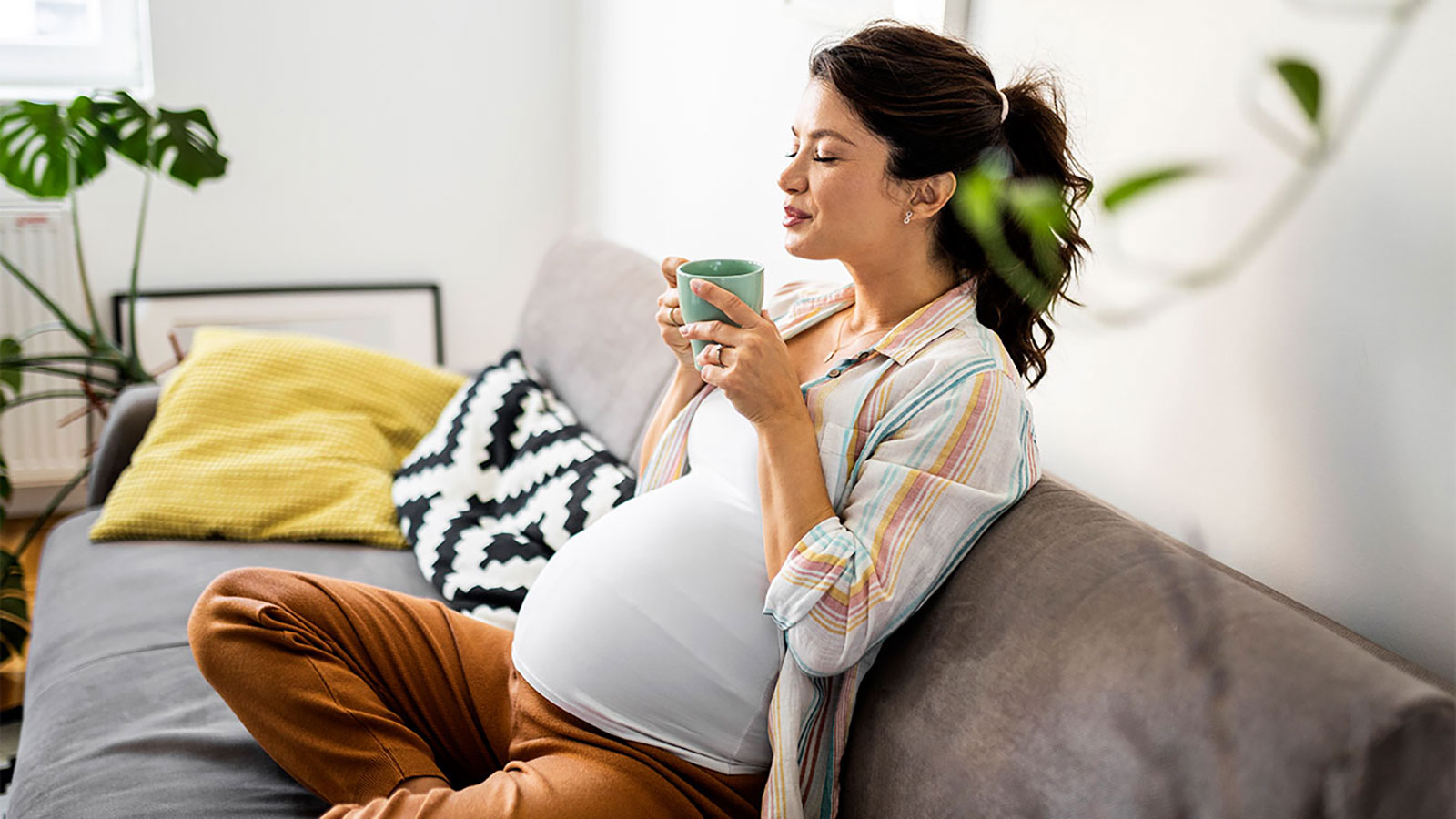
By Sheila Kaufman, MSN, CNM, WHNP-BC, Certified Nurse Midwife, Virtua Midwifery
As parents, our profound need to safeguard our kids has led to important questions and discussions about the safety and effectiveness of the COVID-19 vaccine, especially for people who are pregnant, trying to get pregnant, or who are breastfeeding.
The following trusted national medical associations recommend that people who are pregnant, planning a pregnancy, or breastfeeding get the COVID-19 vaccine and the booster shot when eligible:
- American College of Nurse Midwives
- American College of Obstetricians and Gynecologists
- Society for Maternal-Fetal Medicine
These organizations trust the consistent evidence that shows COVID-19 vaccination is safe and effective. In addition, the benefits of COVID-19 vaccination during pregnancy extend to newborns, offering protection in their first six months and helping prevent severe illness and hospitalization.
This is a critical discussion we often have with our patients. We provide answers to the most pressing questions we've received. As always, we encourage you to discuss your questions or concerns with your pregnancy care provider.
Frequently asked questions about COVID-19 vaccines during pregnancy
Should I get the COVID-19 vaccine if I'm pregnant or trying to get pregnant?
If you're pregnant, you're taking other steps to have a safe and healthy pregnancy. This includes eating a well-balanced, nourishing diet, exercising, taking a daily prenatal vitamin with folic acid, and seeing your pregnancy care provider for regular prenatal care.
Given all that you're doing, it's understandable if you have questions or are worried about the safety of the COVID-19 vaccine. We honor your concern, but we ask that you trust your provider's advice.
As pregnancy care providers, we are clear: vaccination is the best tool we currently have to protect you and your baby from COVID-19 infection and illness. This isn't a new recommendation for us: getting vaccinated against COVID-19, just like getting your flu shot and Tdap (tetanus, diphtheria, and pertussis) booster, is a way to protect yourself and have a healthy pregnancy. That protection also extends to your newborn. You can even get all three vaccines at the same time.
Talk with your provider to determine the best time in your pregnancy to get these vaccines.
What are the possible side effects of the COVID-19 vaccine during pregnancy?
A pregnant person who gets the COVID-19 vaccine may experience one or more common reactions over the coming days:
- Fatigue
- Fever
- Headache
- Pain/soreness in the arm
Common side effects are a sign that the vaccine is working and are usually minor, improving quickly. Some people have no symptoms at all.
If you develop a fever, take acetaminophen as directed to reduce your temperature. If you’re allergic to acetaminophen, talk to your provider about alternative treatment options.
What are the risks if I get COVID-19 during pregnancy?
Research shows that being pregnant puts you at an increased risk of getting sicker if you get COVID-19.
If you get infected with COVID-19 while you're pregnant, you have a higher risk of the following:
- Being hospitalized and needing respiratory support
- Preterm birth or having a low birth-weight baby
- Developing blood pressure problems (preeclampsia)
- A small but significant increase in stillbirth
The risks are further increased if you have pre-existing conditions, including high blood pressure, diabetes, obesity, or heart disease.
Should I take a pregnancy test before I get vaccinated?
No. A positive pregnancy test wouldn't change the recommendation to get vaccinated or boosted.
I’m in my third trimester of pregnancy. Should I wait until after I deliver to get vaccinated?
Don't wait! Schedule your vaccine now to protect yourself and your baby. After birth, you're going to want to spend as much time as you can bonding with your newborn. Getting vaccinated ensures you won't be sick with COVID-19 during those precious first days.
Also, your partner and any other family or friends who will be around your newborn should get vaccinated as well—for COVID-19, flu, and whooping cough (pertussis).
Will the COVID-19 vaccine affect my fertility or ability to conceive?
There’s no evidence that the vaccine affects fertility in either partner or the ability to become pregnant.
Can I get the COVID-19 vaccine if I'm breastfeeding?
Yes, we absolutely recommend getting the vaccine if you're breastfeeding. Studies have demonstrated that COVID-19 mRNA vaccine antibodies are found in the breast milk of vaccinated breastfeeding mothers, which can potentially pass along protection to the breastfed infant.
I don't want to get the COVID-19 vaccine while I'm pregnant. What else can I do to protect myself?
While vaccination is the best protection, you can take steps to "cocoon" yourself throughout your pregnancy. This includes:
- Wearing a well-fitting mask, such as an N95 or KN95, in public.
- Encouraging your household to get fully vaccinated/boosted to reduce the risk that they bring COVID-19 home to you.
- Avoiding large gatherings and unnecessary travel.
- Asking your partner, family, and friends to help with errands so you can avoid stores and crowded public areas.
If you test positive for COVID-19 while you’re pregnant, contact your provider immediately to create a plan for monitoring and managing your symptoms.
If you have additional questions or concerns, talk to your midwife or OB provider. It's understandable if you're concerned about getting vaccinated during pregnancy, but doing so will help protect you, your baby, your family, and your community.
Virtua experts are here to help you have a healthy pregnancy
- Find a Virtua OB provider near you and schedule an appointment online.
- Virtua Health offers a variety of in-person and virtual maternity and breastfeeding classes, including childbirth preparation, baby basics, prenatal yoga, and more. See all the maternity classes.
There's So Much More to Explore
Discover expert insights, inspiring stories, health tips, and more by exploring the content below!

Understanding Food Addiction: Causes, Symptoms, and Recovery Strategies
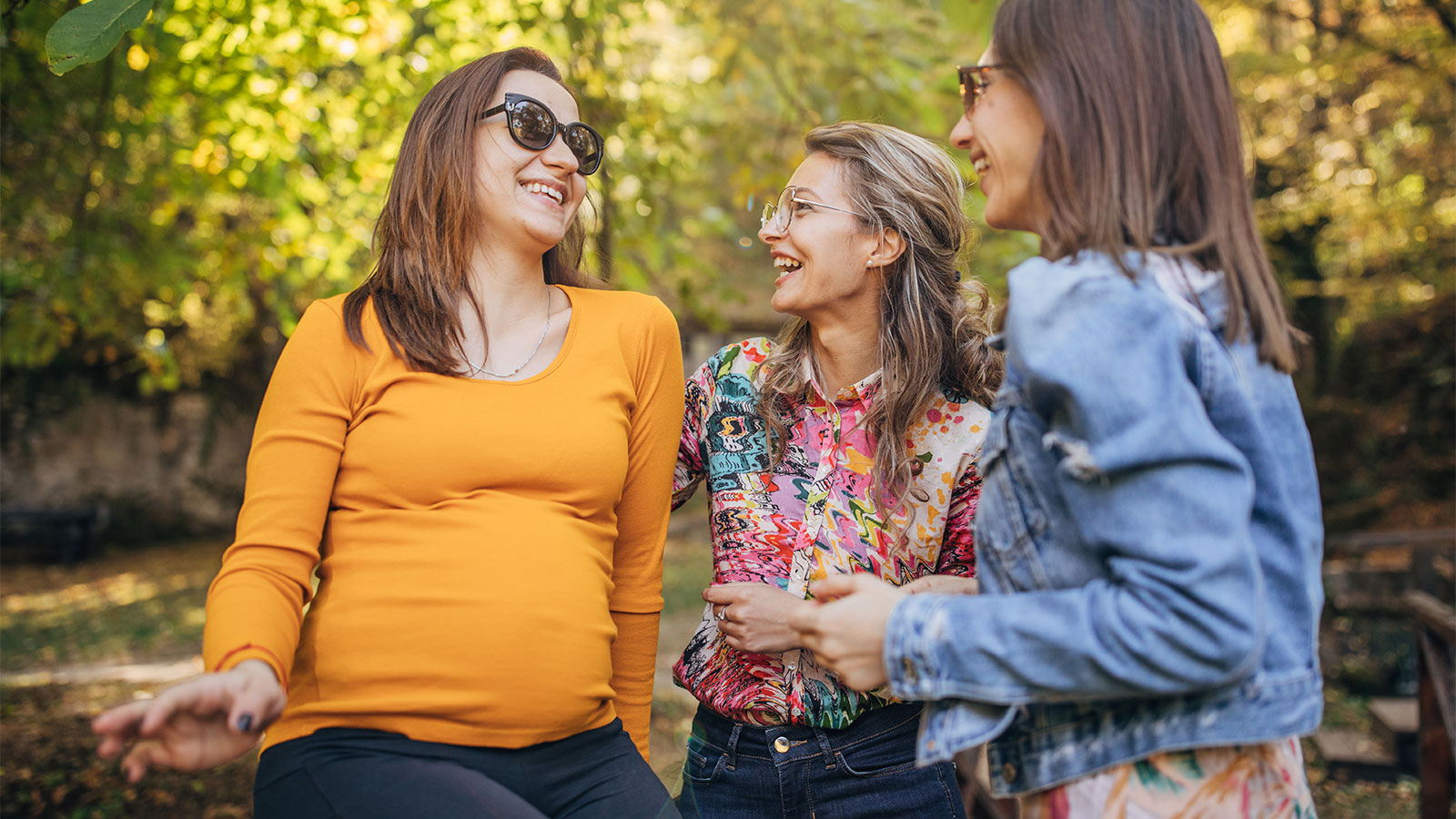
The Weird Pregnancy Side Effects No One Tells You About

10 Hand Washing Tips to Keep You Healthy All Year

How the Unique Stages of a Woman's Heart Affect Her Health

Cervical Cancer Screening Guidelines: What You Need to Know

HeartTalk Magazine

How to Spot the Early Signs and Symptoms of a Stroke

How Weight-Loss Surgery Can Improve Diabetes, Heart Health, and More

How to Achieve Your Health Goals This Year

Knee Replacement Rehab: 7 Exercises to Restore Your Strength and Range of Motion

Caregiving During the Holidays: Ways to Manage Stress and Find Joy

Bioidentical Hormone Replacement Therapy Pellets: Relief for Menopause and Andropause Symptoms
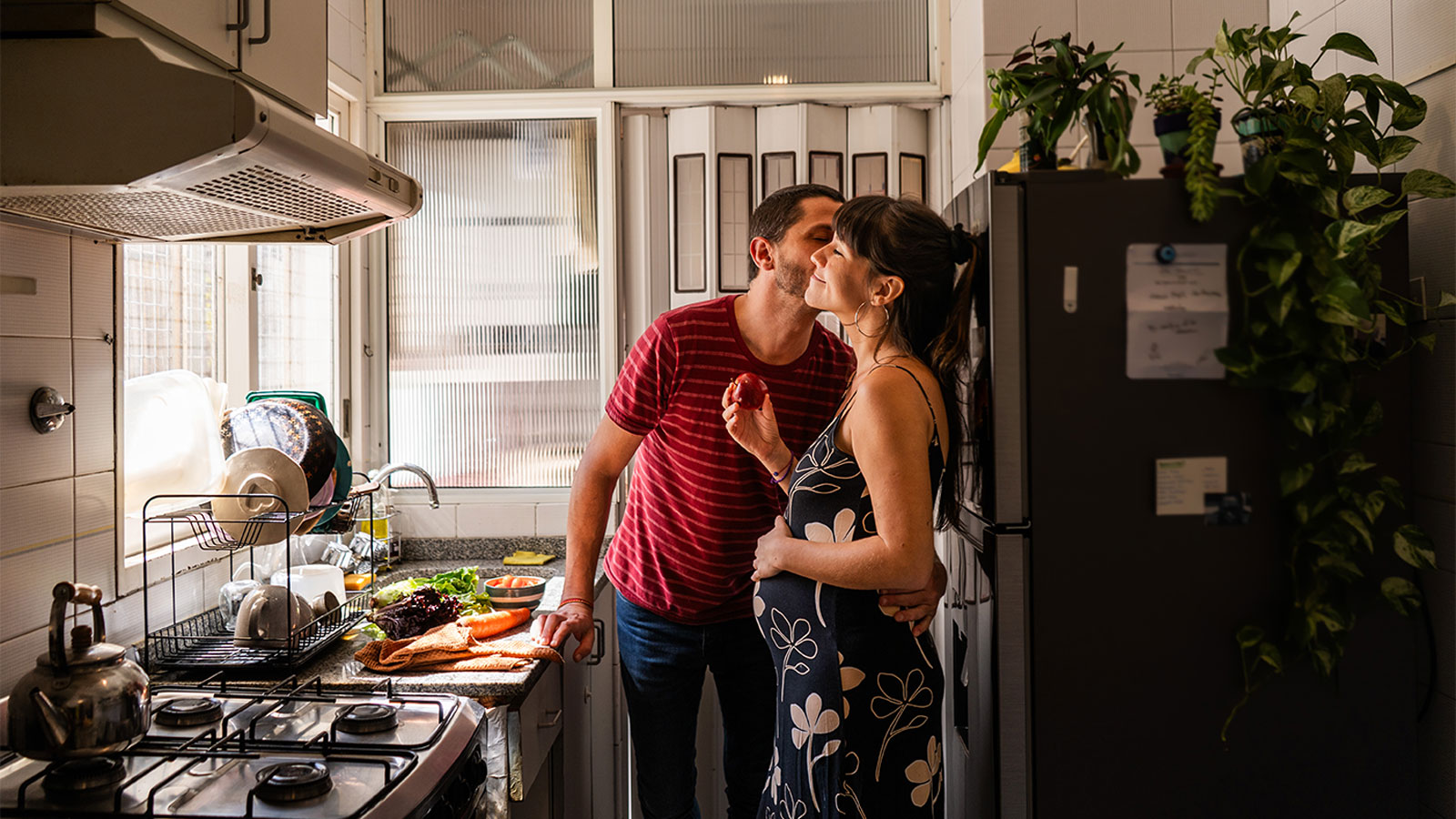
Why Is Sex Painful During Pregnancy? Pelvic Congestion Syndrome Explained

COVID-19 Vaccines and Pregnancy: FAQs

COMFORTing Tips to Avoid Holiday Heartburn
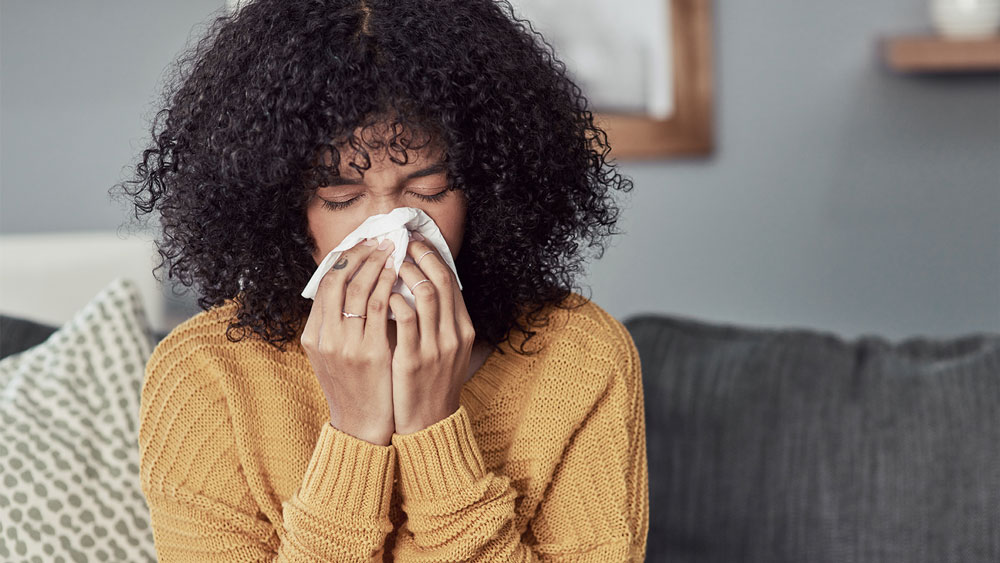
How to Tell the Difference Between Cold, Flu, and COVID-19

Jill Travels From Delaware to South Jersey for Advanced Lung Care
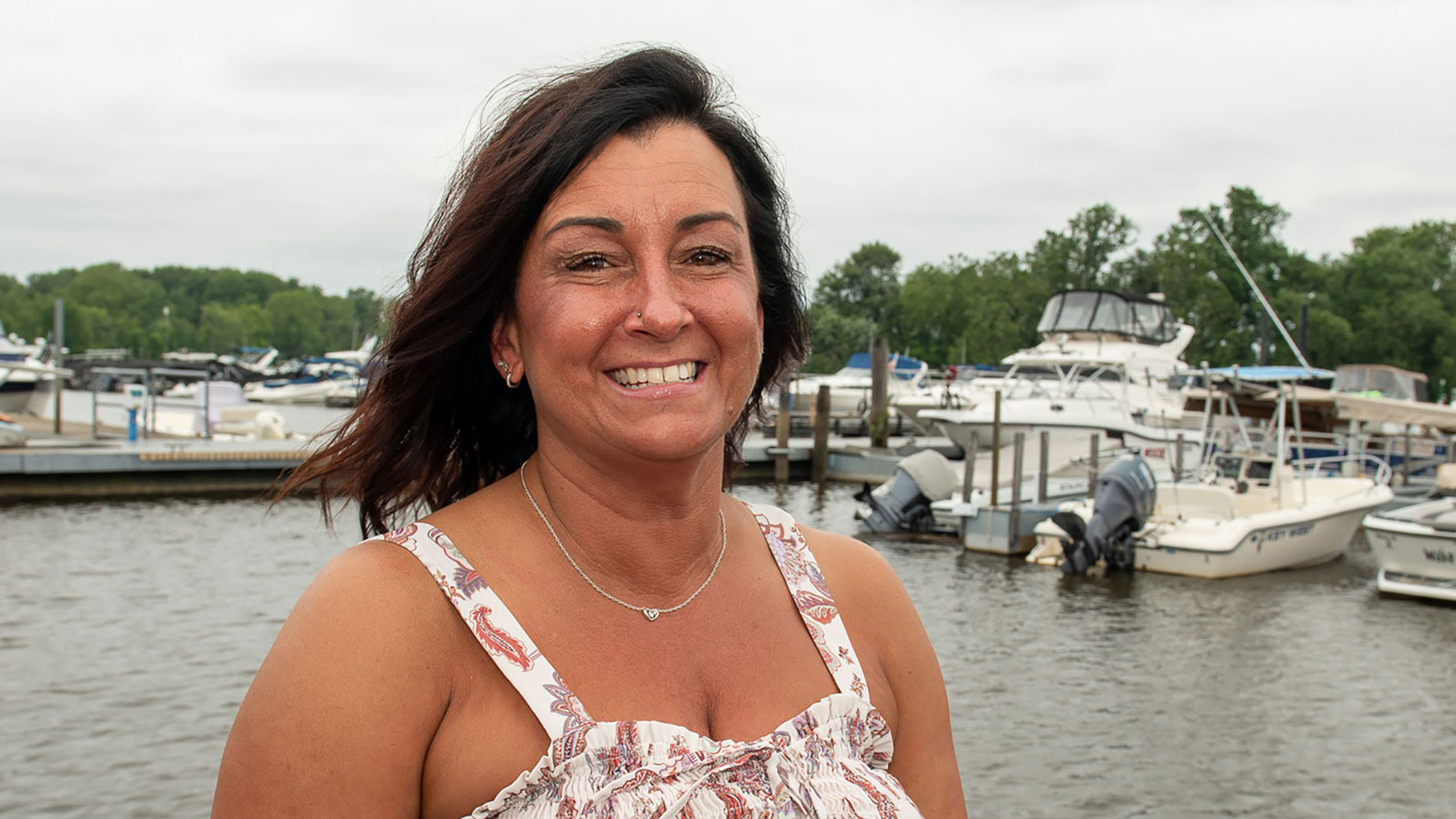
From Exhaustion to Empowerment: Tracy's Hormone Replacement Therapy Success Story
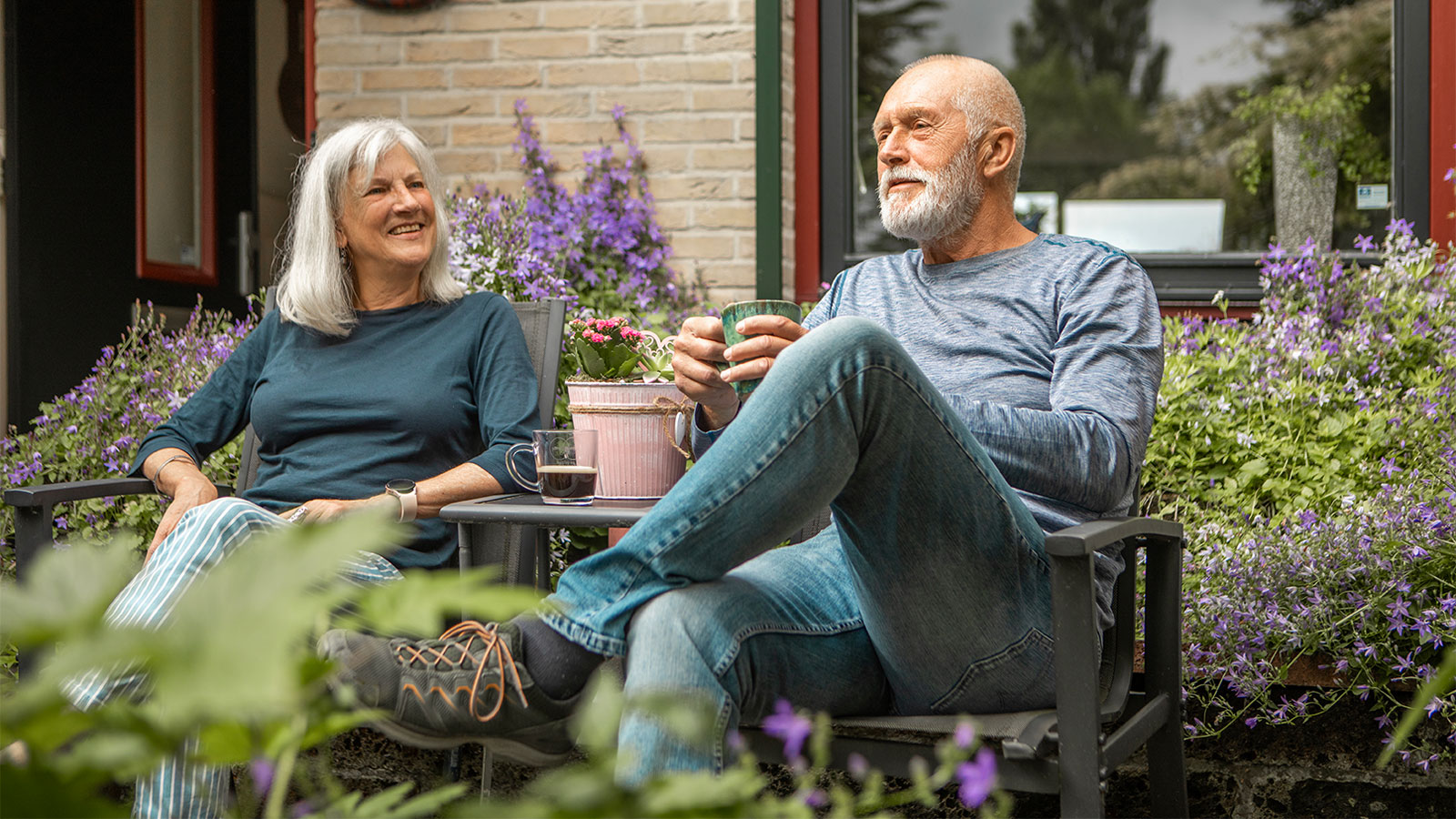
Daily Wellness Checklist: Simple Habits for Feeling Good Inside and Out
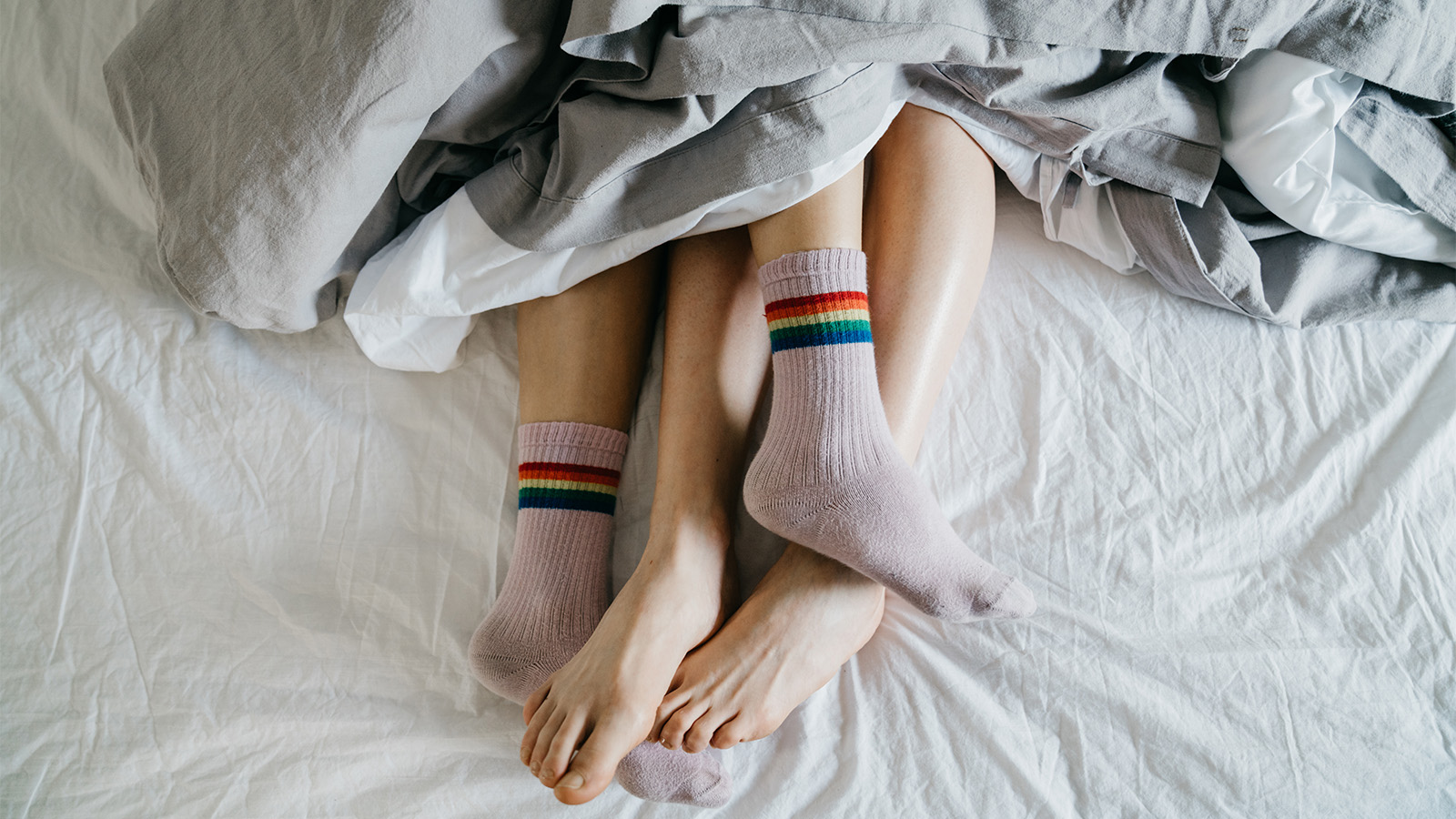
Sexual Health FAQs: The Questions Everyone’s Too Embarrassed to Ask

3 Reasons Why Now's the Time to Find Relief From Varicose Veins

How to Get and Stay Healthy This Fall

How to Reverse Prediabetes and Prevent Type 2 Diabetes
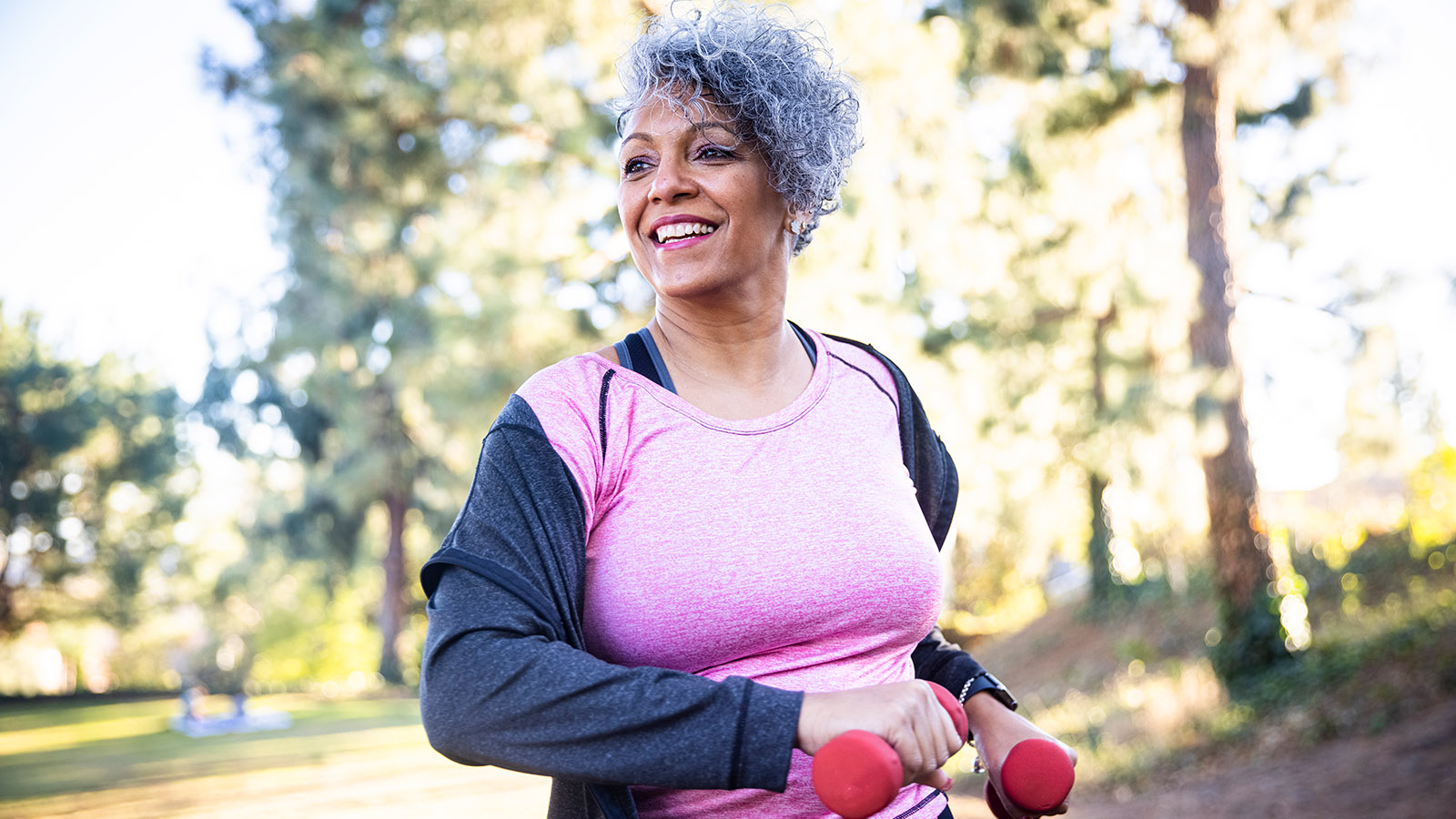
6 Ways to Get More Out of Your Daily Walk

Young Breast-Cancer Survivor Has New Hope for Healthy Future
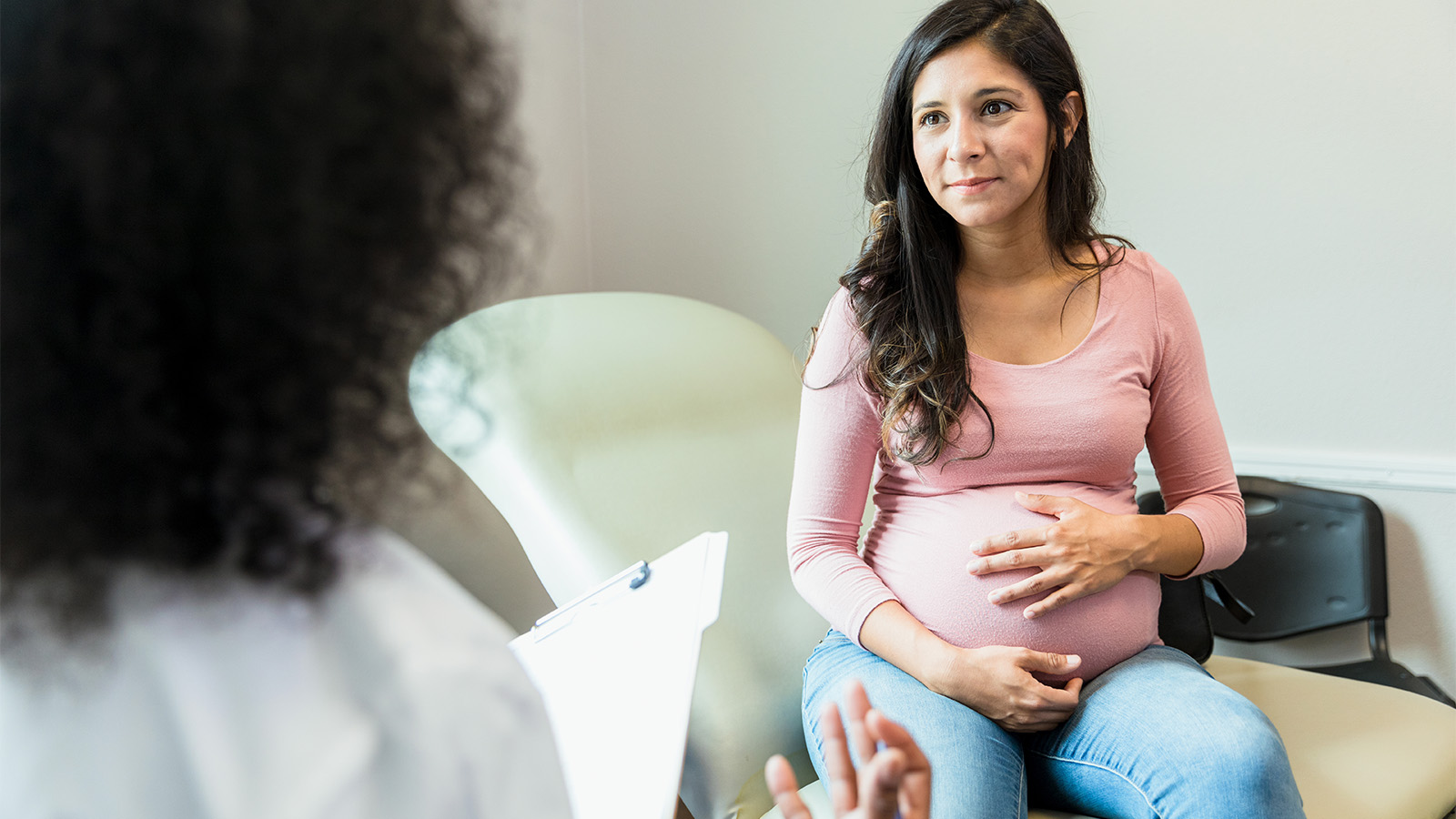
What To Know About Vaginal Discharge During Pregnancy

Is Cancer Hereditary? What You Need to Know About Your Genetic Risks

Tara's Story: From Debilitating Uterine Fibroid Pain to a Half-Marathon Medal

Is Your Post-Pregnancy Belly Bulge a Sign of Diastasis Recti?

Your Guide to Mammograms: When to Get Screened and What to Know
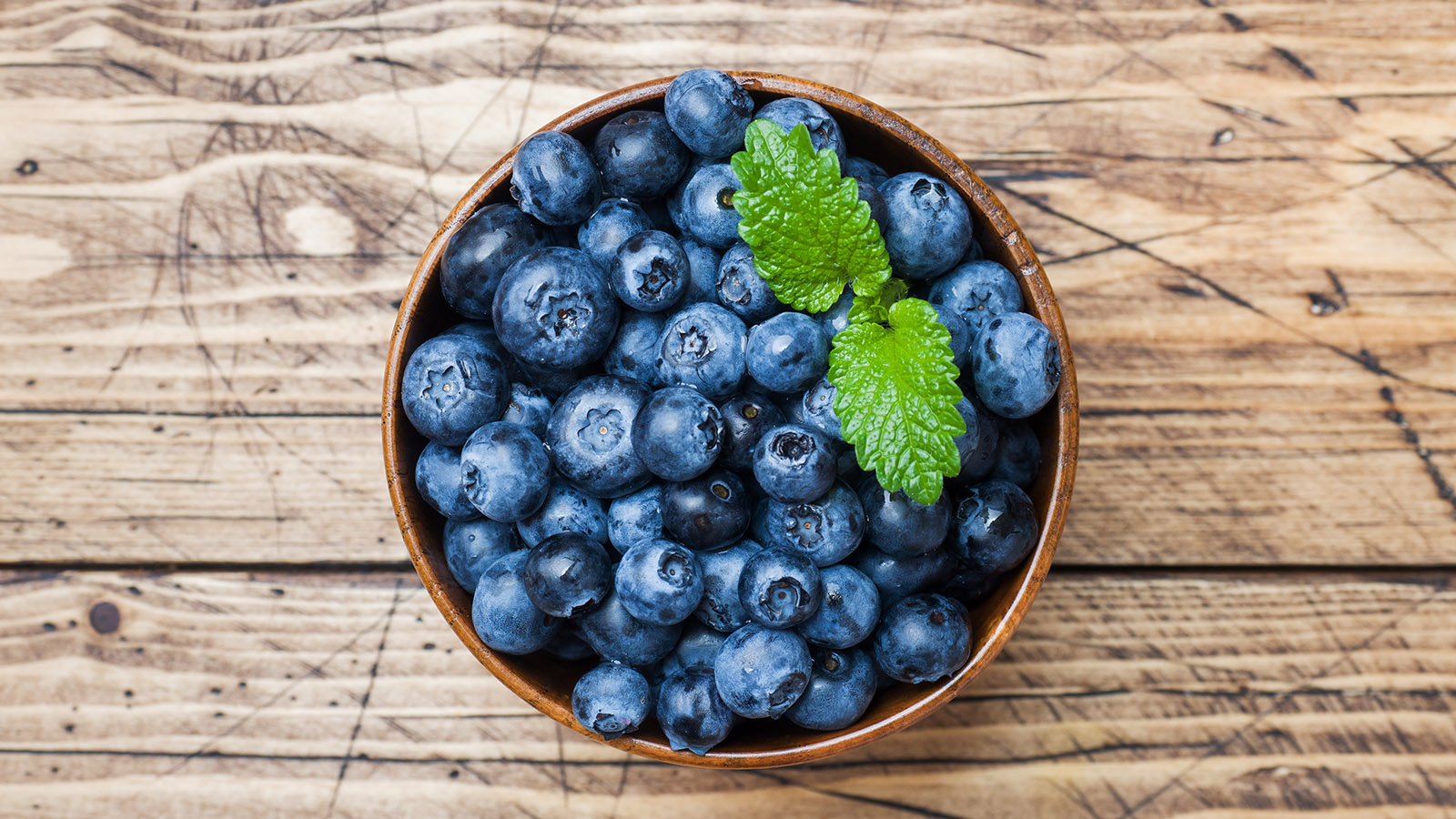
The Top 10 Foods That Boost Your Brain Health
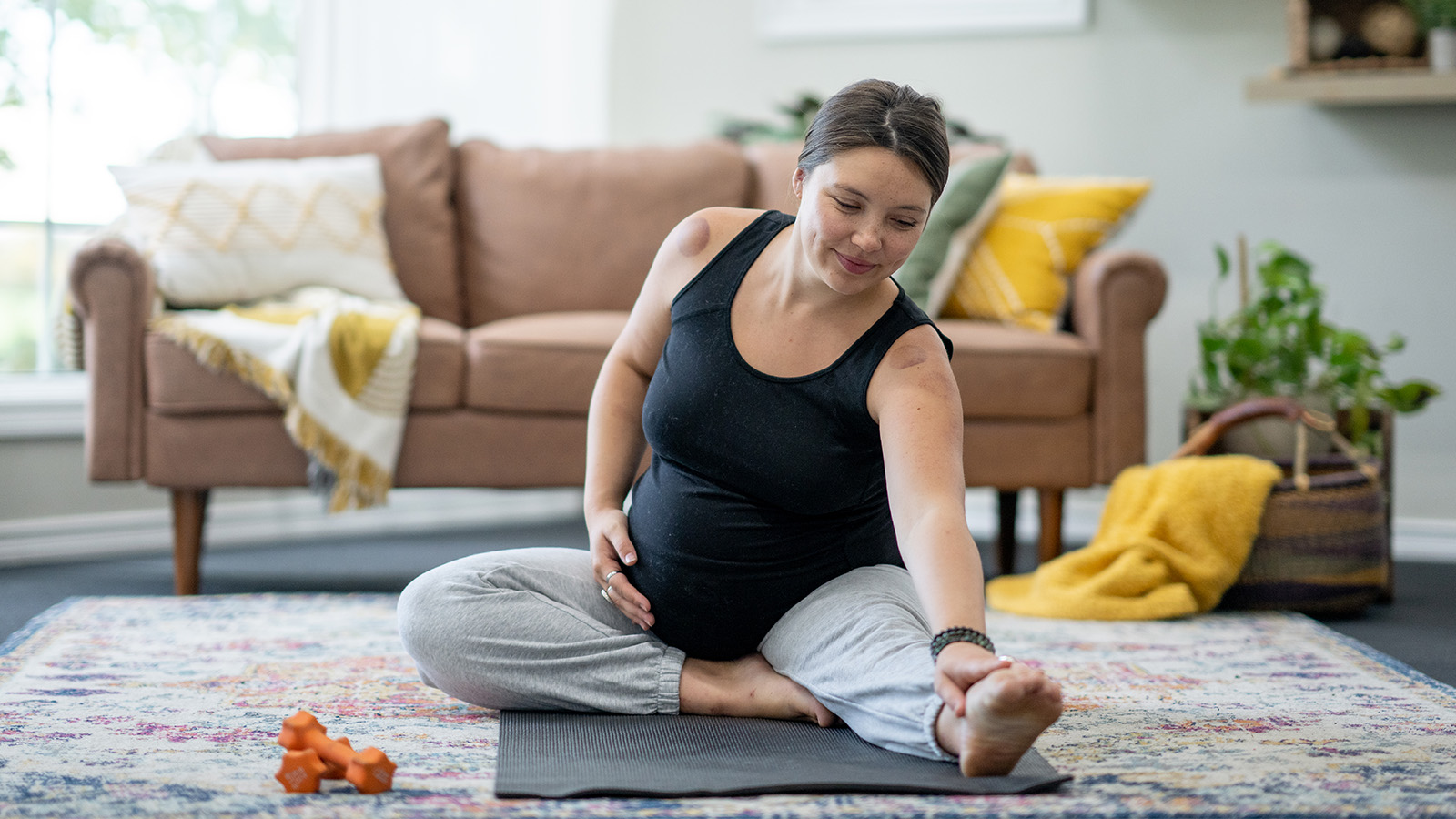
Is It Safe to Exercise During Pregnancy?

10 Ways First-Time Moms Can Avoid a C-Section Delivery
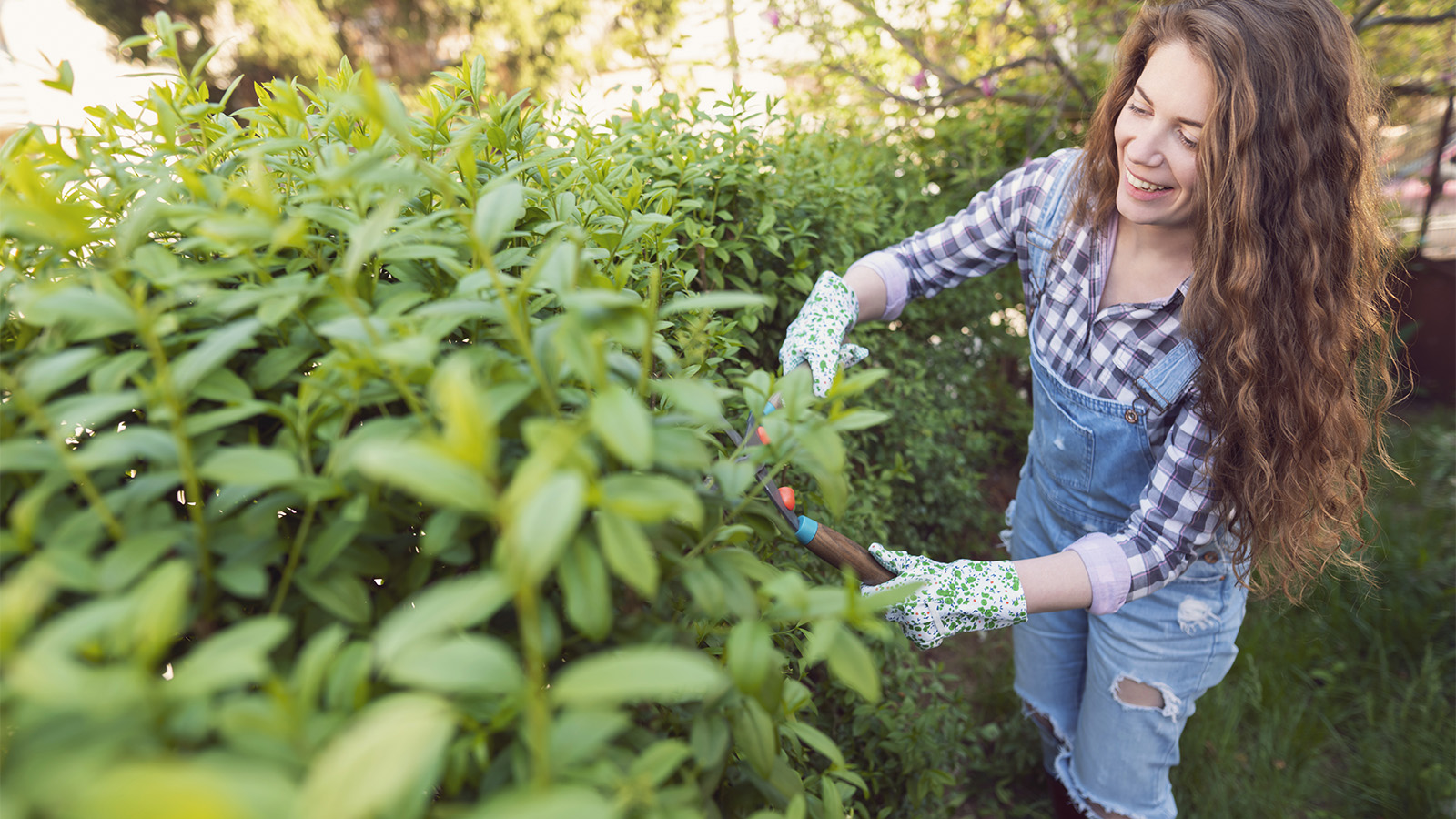
Prevent Yard Work Injuries: Tips for Mowing, Gardening, and Raking
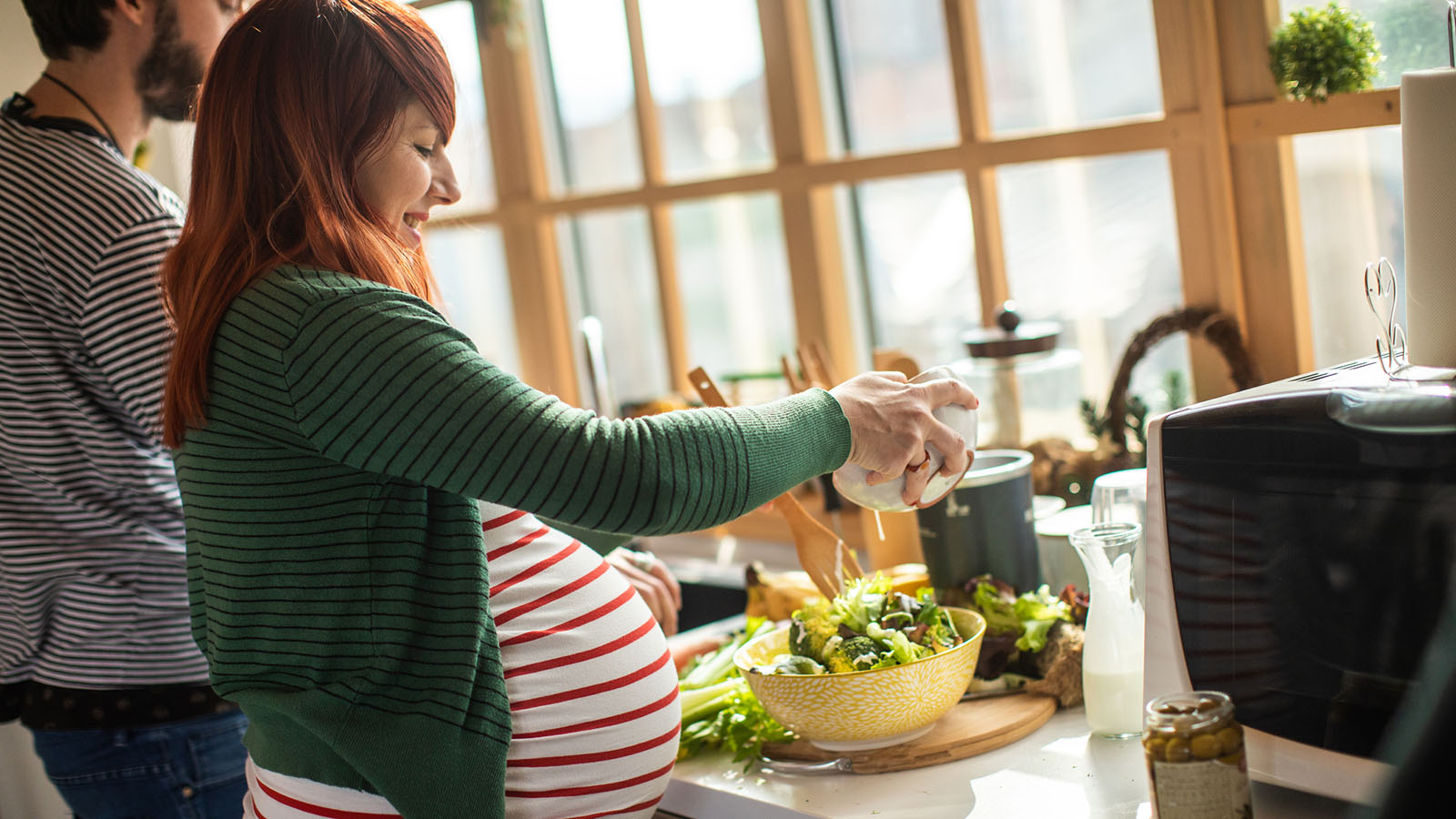
Healthy Weight Gain During Pregnancy: A Guide for Moms-to-Be
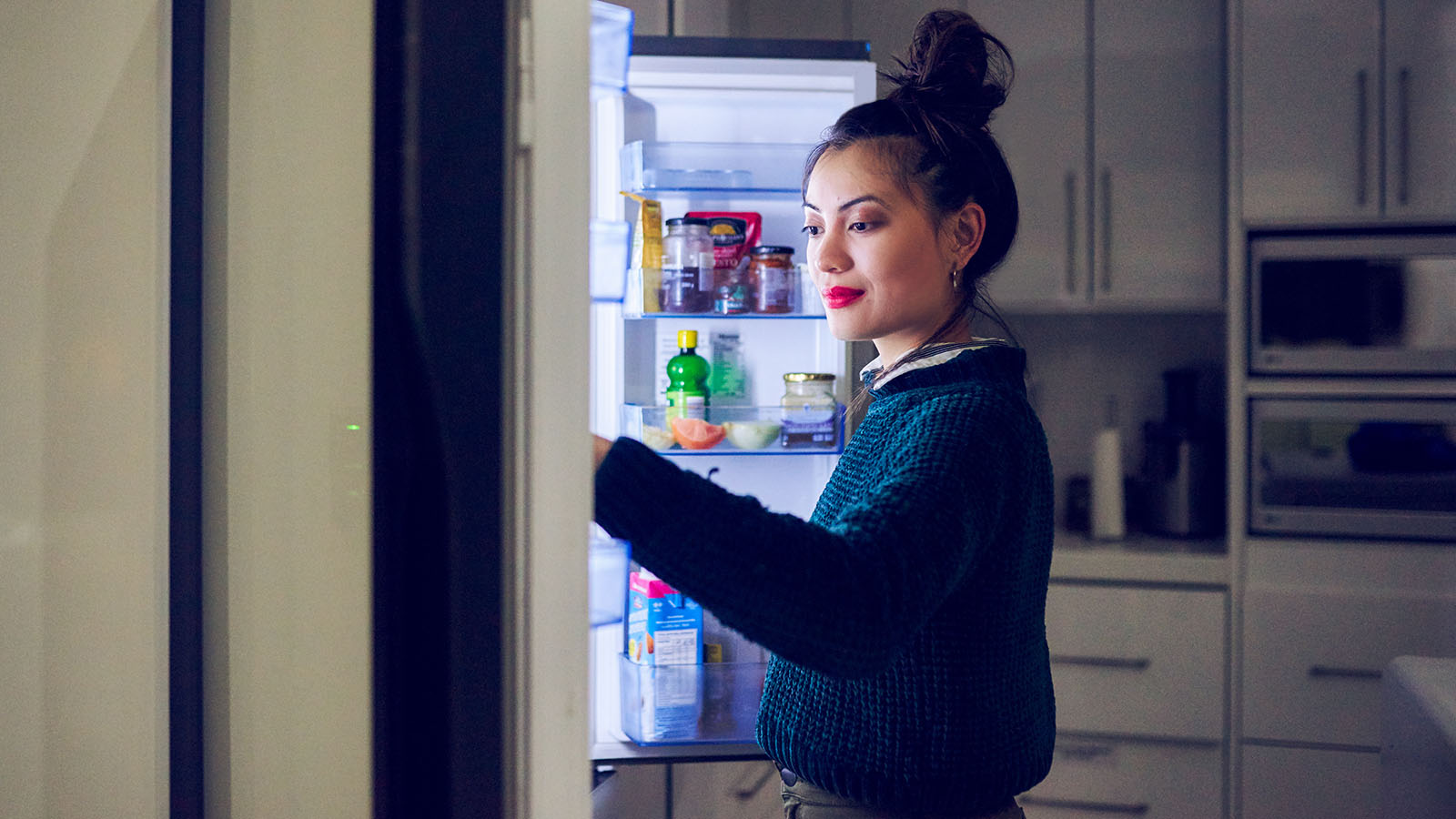
How to Curb Nighttime Snack Cravings
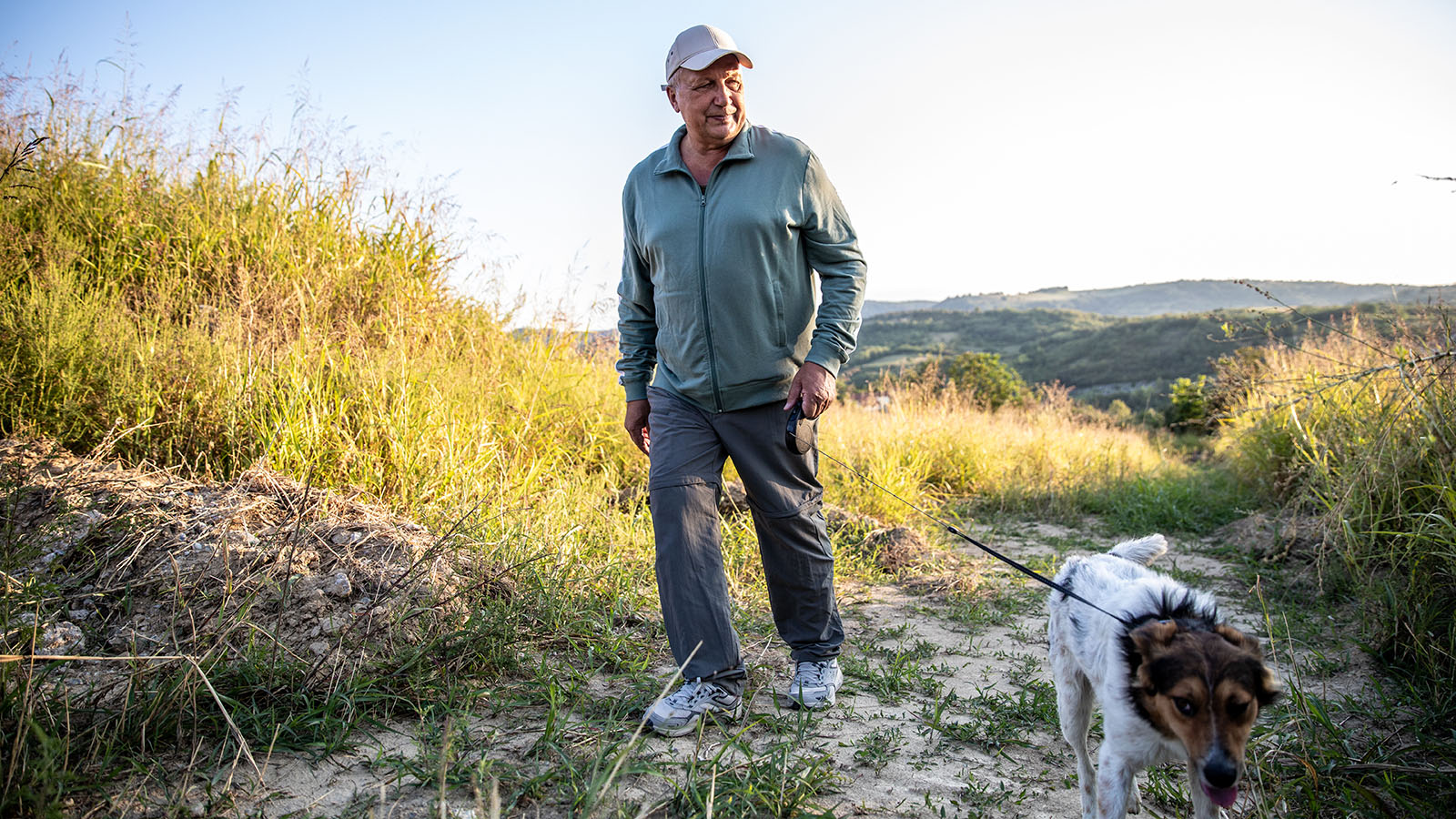
Is Your Daily Walk Making You Really Sore?

IBS and Alcohol: Can You Still Enjoy a Drink?

'Feeling Joy Again': ECT Brain Stimulation Therapy Restores Ashley's Well-Being

Not Just for Wrinkles: Botox Injections Promote Improved Bladder Control
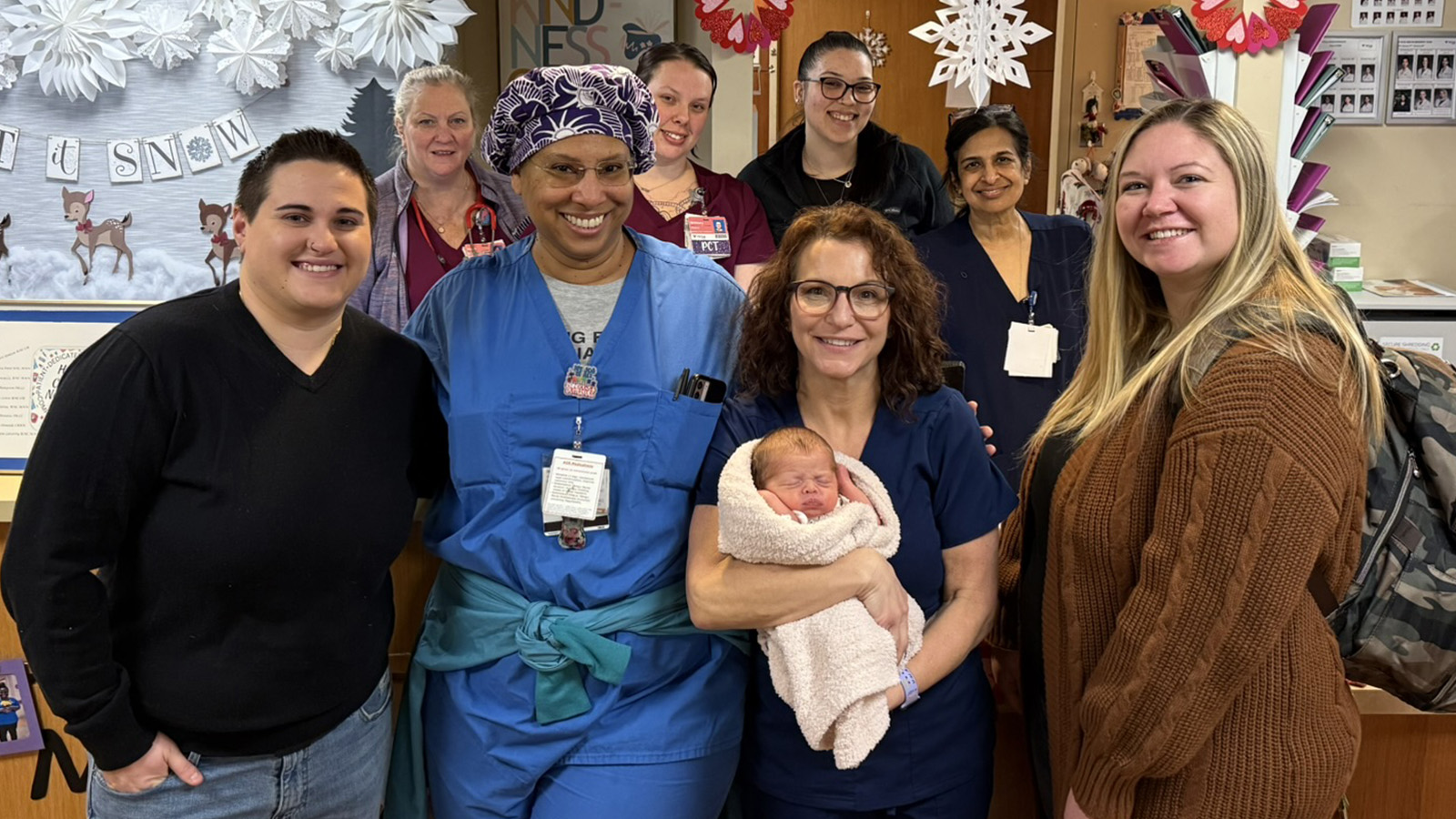
Caring Maternity Team Transforms Harley's Pregnancy Crisis Into Lasting Memories
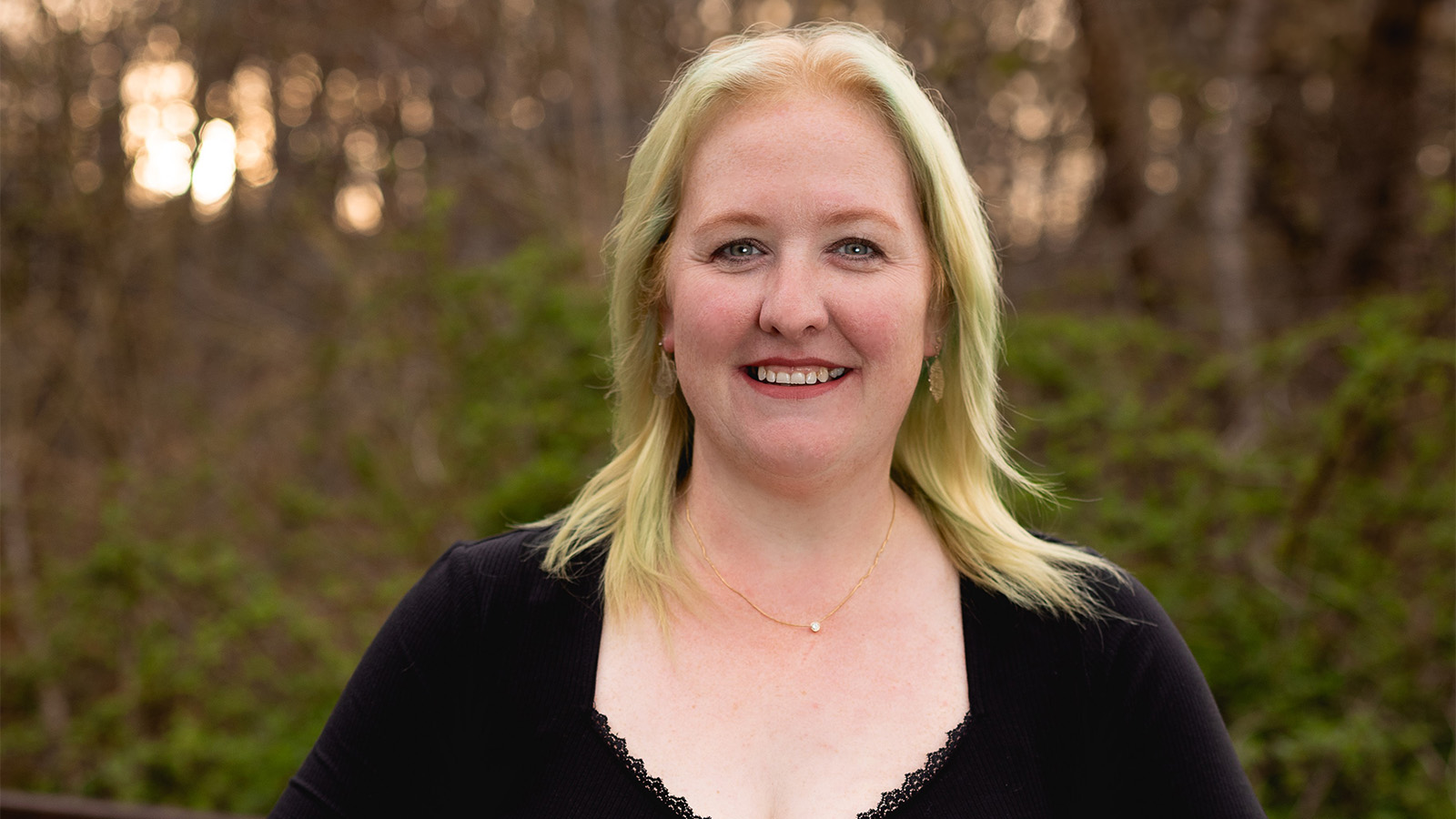
Robotic Hysterectomy, Trusted Care Help Bobbi Shine Again

Easy, Healthy Lunch Ideas for the Beach

How to Stay Cool and Prevent Heat Illness All Summer Long
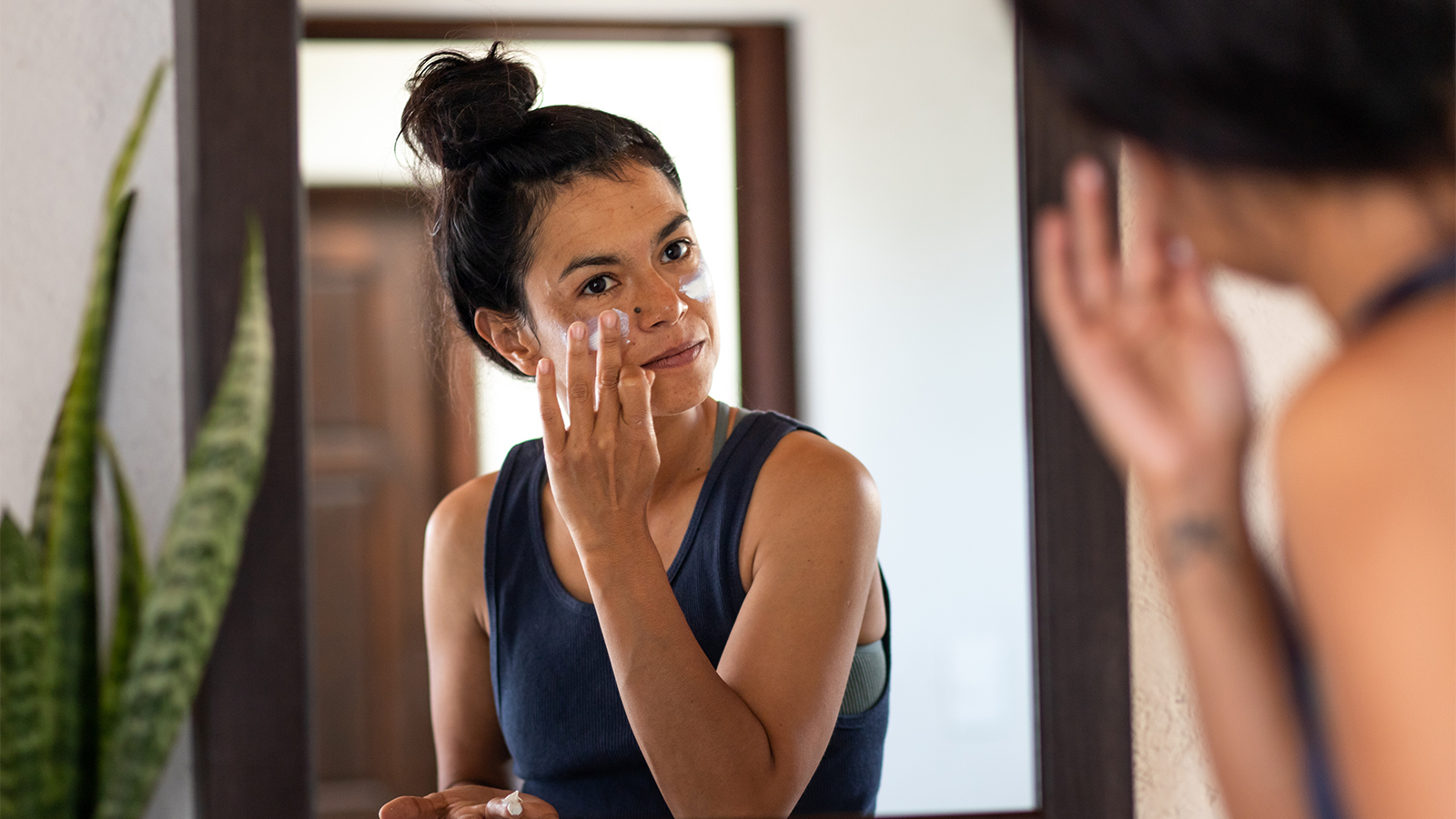
Do Not Get Burned by These Sunscreen Myths

Beat the Bugs and Save Your Summer
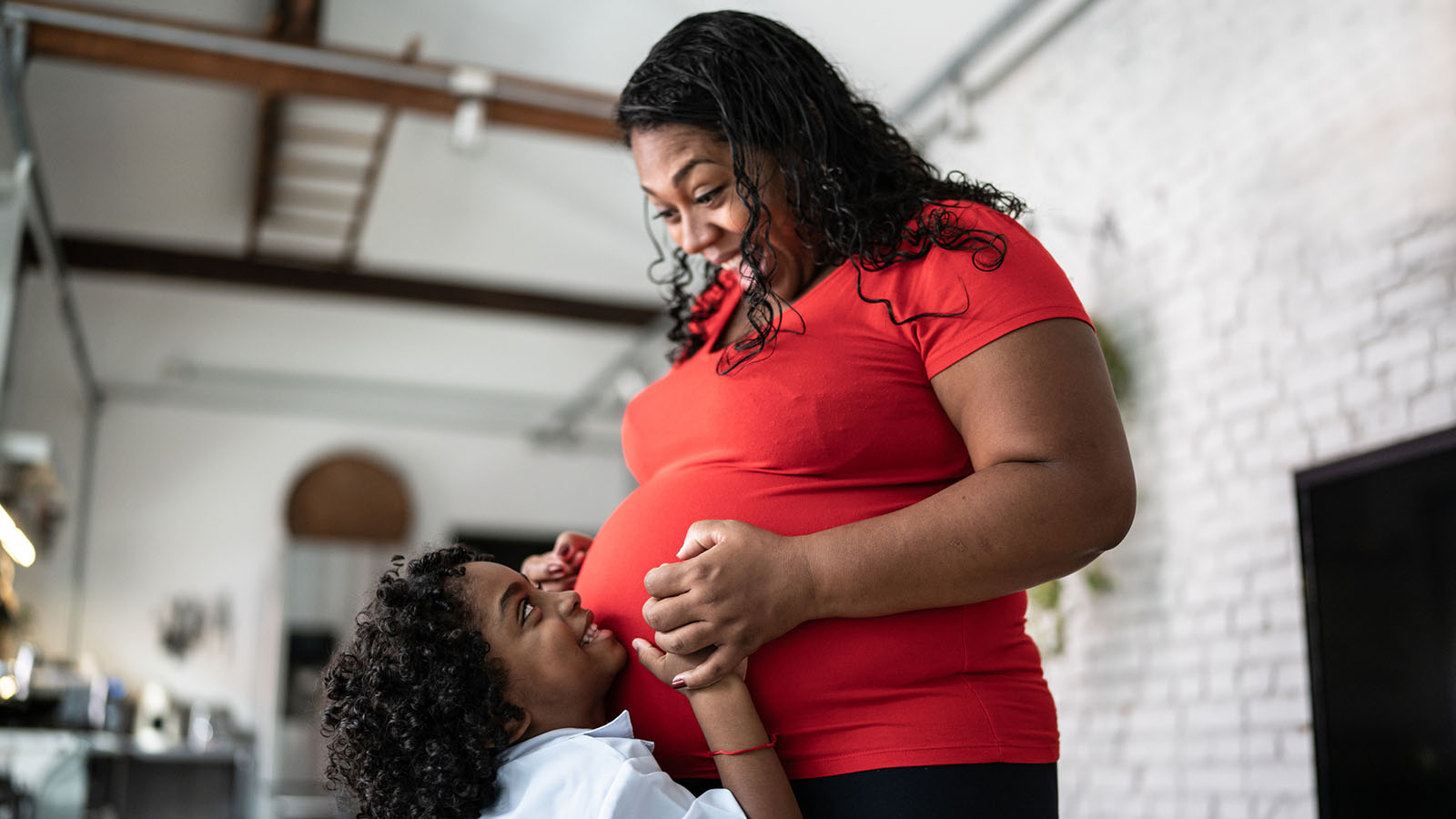
How to Have a Healthy Pregnancy if You're Overweight

Why You Get Sick on Vacation (and How to Stay Healthy While Traveling)
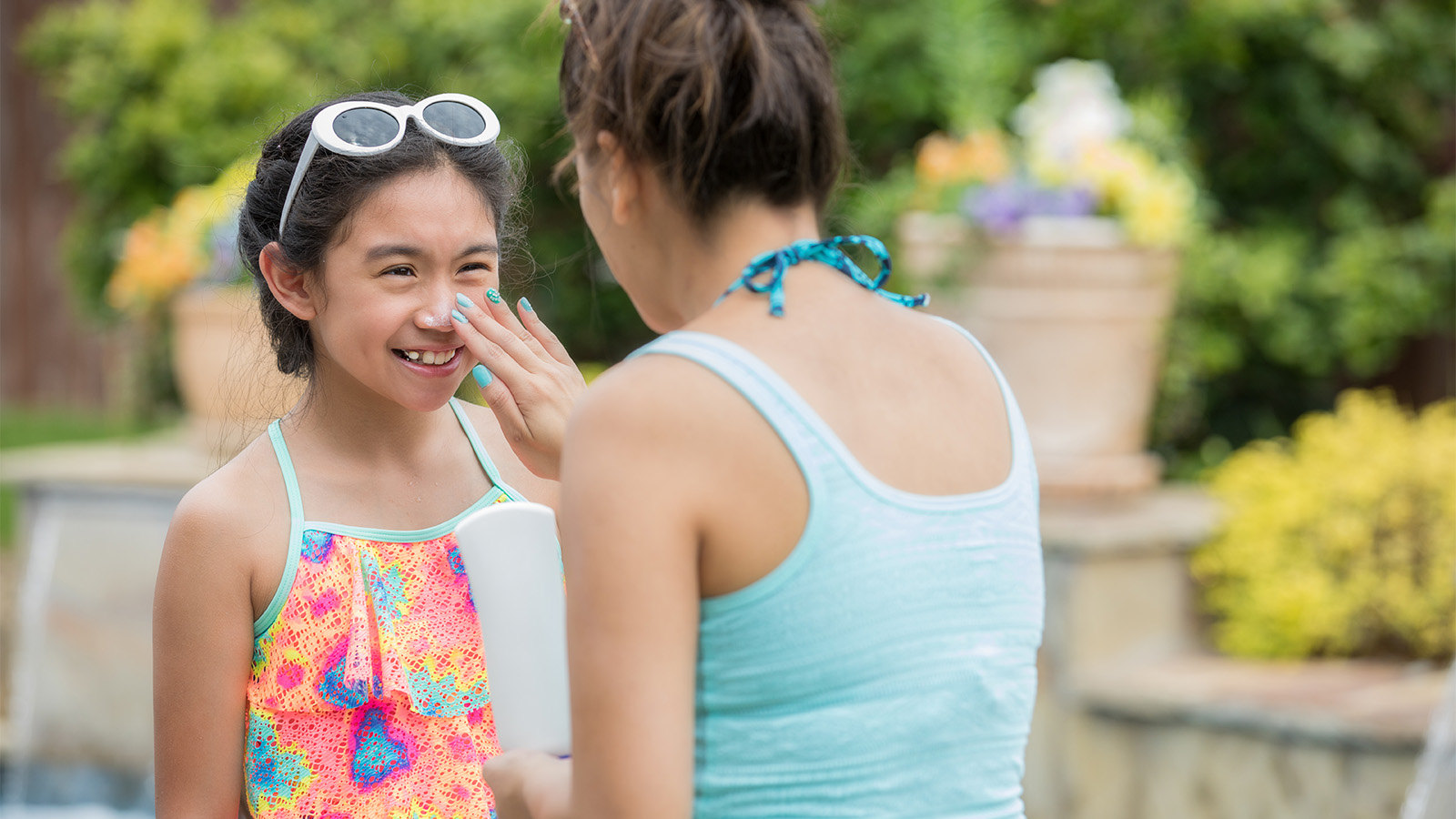
6 Hot Tips for a Safer Summer

4 Surprising Health Truths You Should Know

5 Interesting Facts About Your Heart

Is Low Sex Drive Normal? Revealing the Complex Causes of Low Libido in Women

CABG Surgery: What Women Should Know About Heart Health and Healing
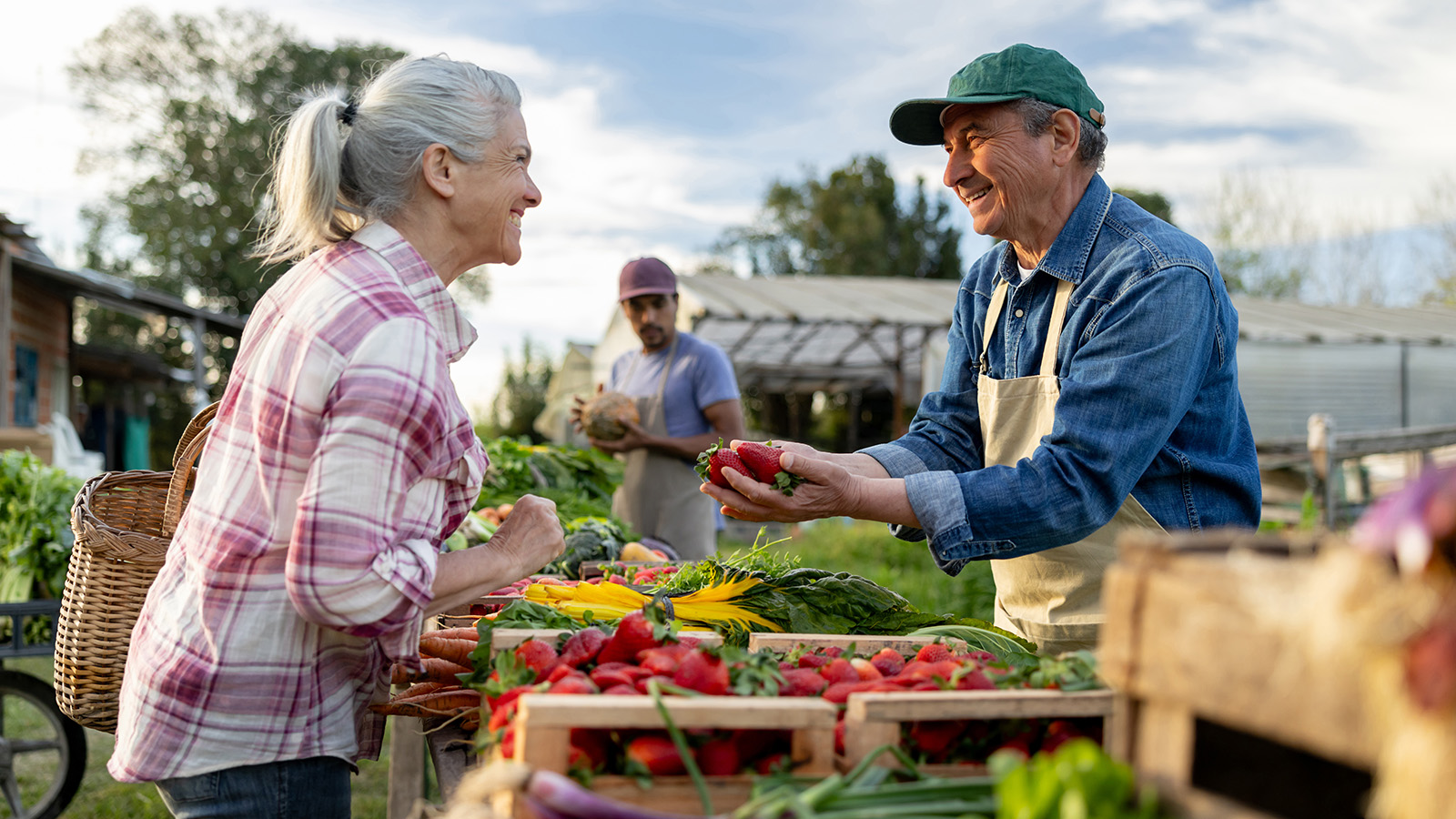
5 Feel-Good Activities to Explore Around South Jersey
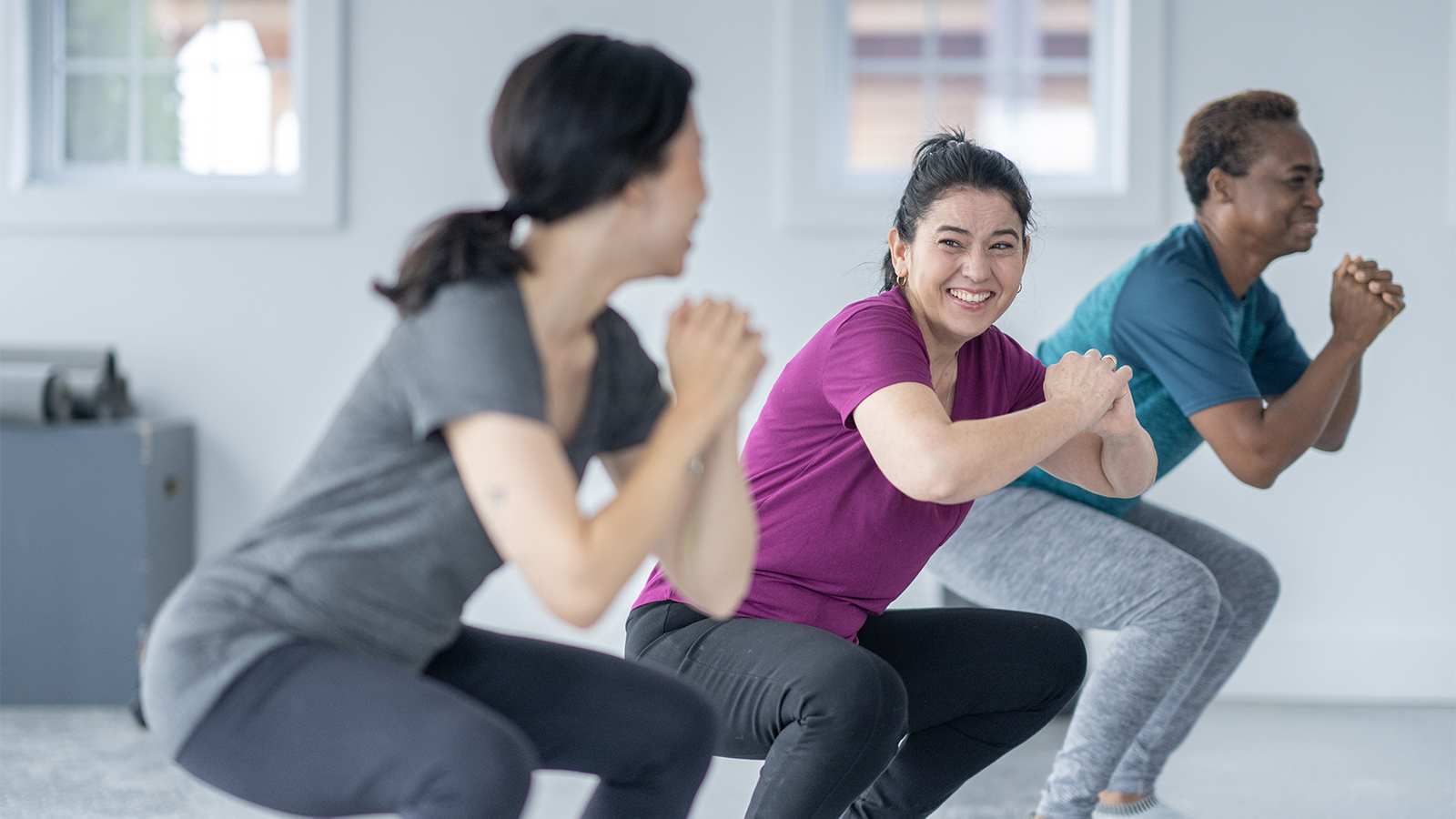
Stress Incontinence vs. Urge Incontinence: What's the Difference?
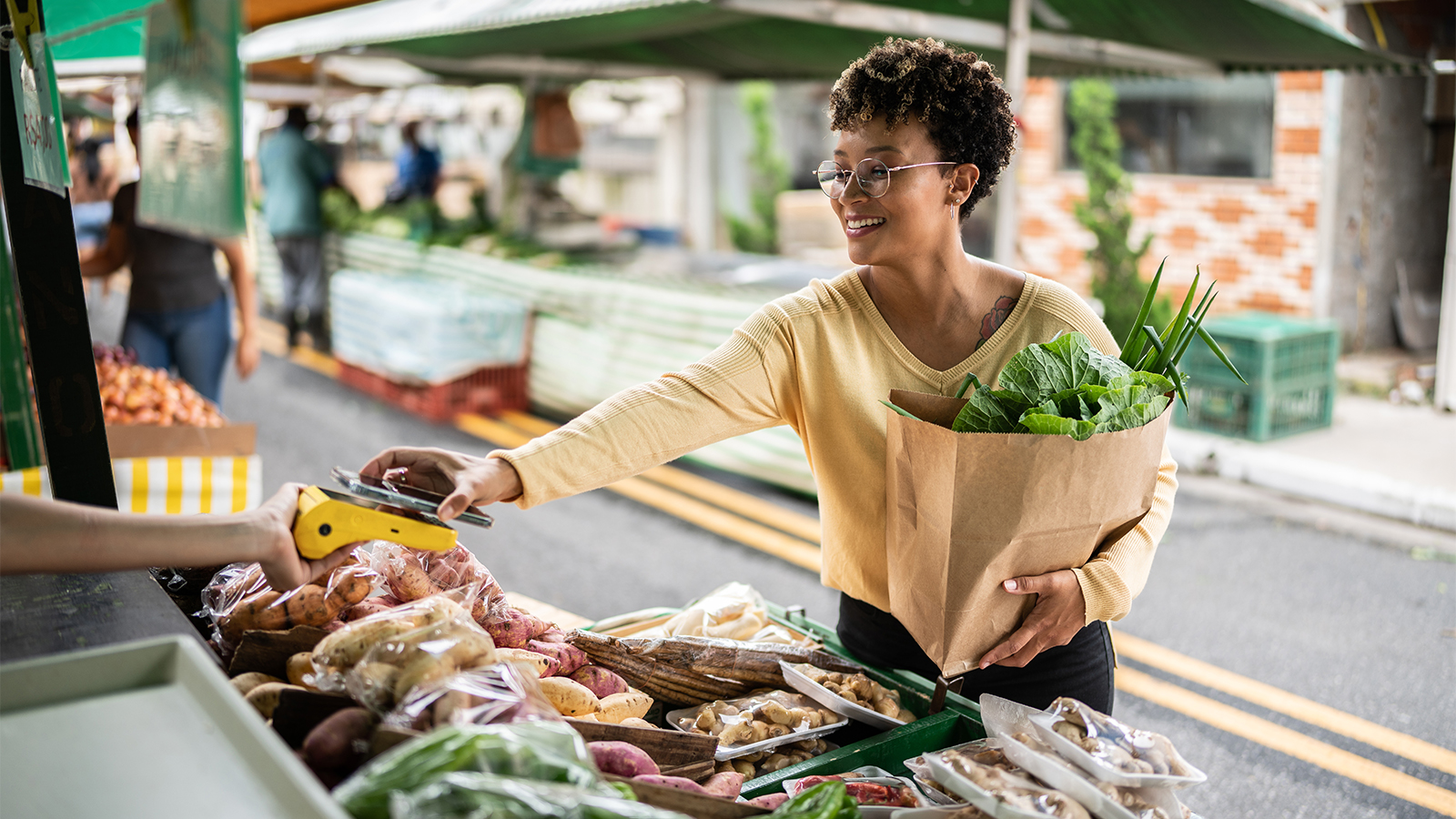
3 Changes You Can Make Today to Lower Your Cancer Risk
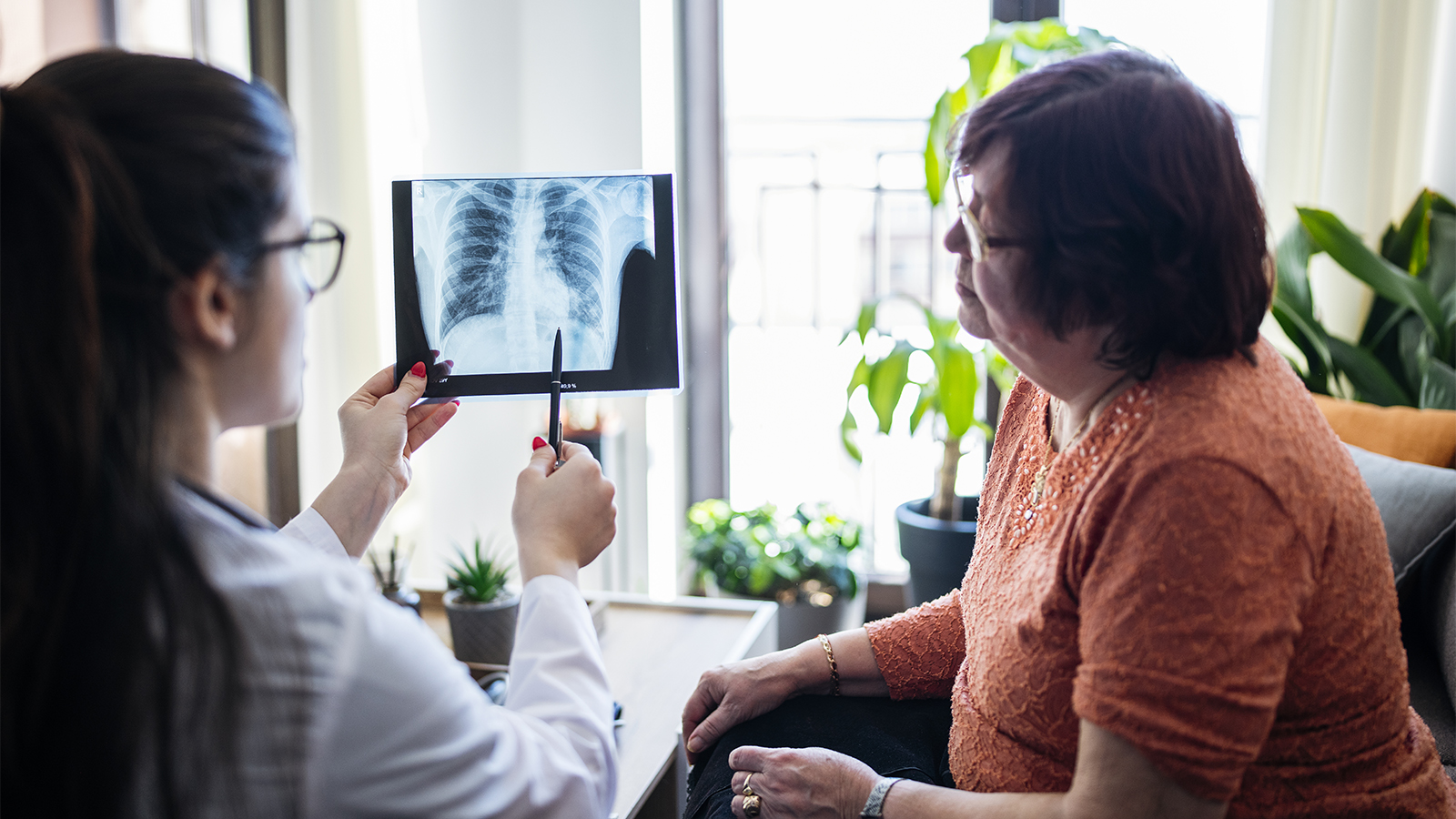
A Lung Cancer Screening Could Save Your Life

Take Pride in our Health: Must Dos for LGBTQ+ Preventative Care

4 Foolproof Pelvic Floor Strengthening Exercises for Women

What to Expect During Perimenopause

Protect Yourself From Tick Bites and Lyme Disease
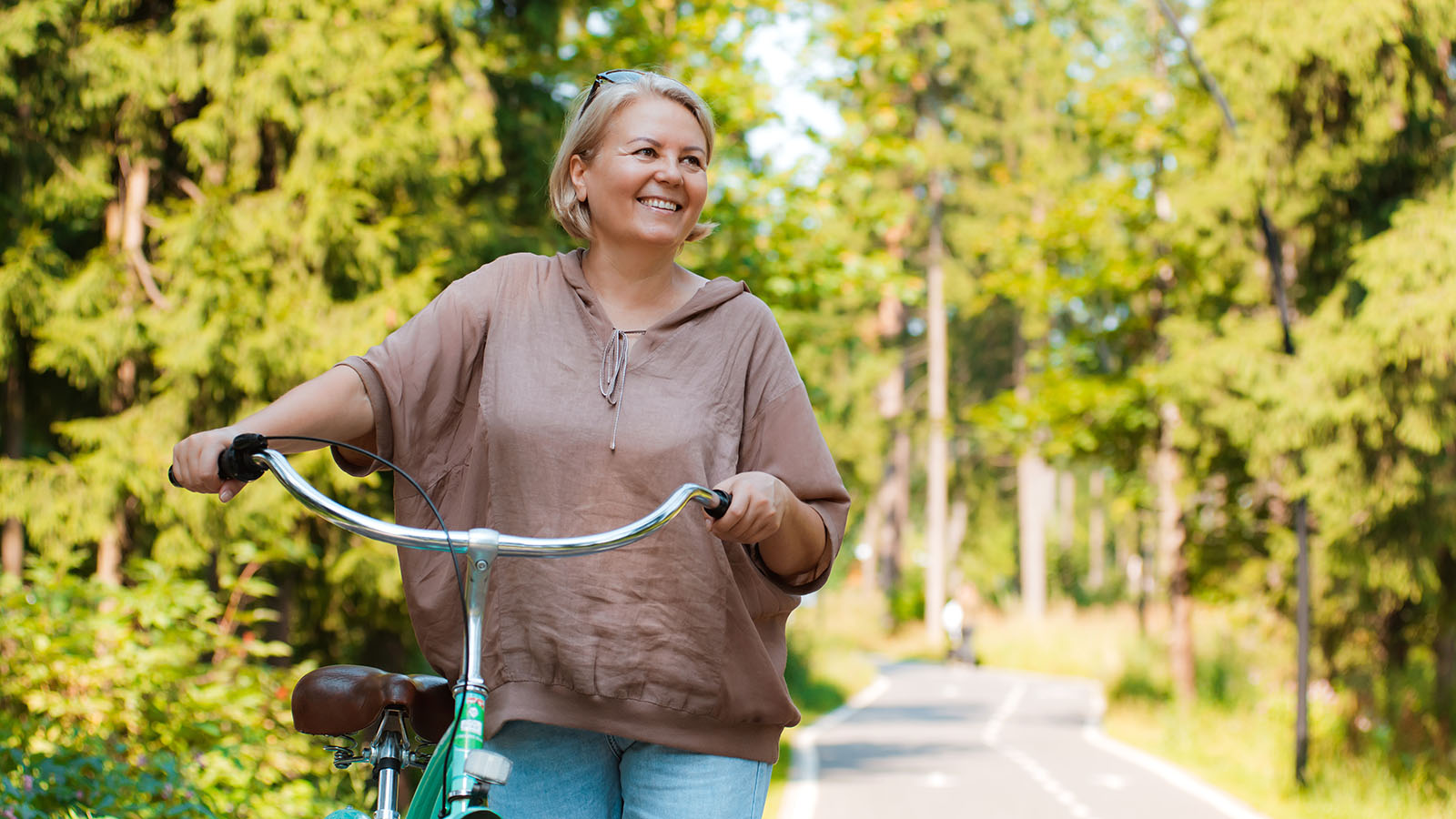
10 Quick Ways to De-Stress

4 Ways to Stay Fit and Healthy on a Budget

Do You Know the Signs and Symptoms of Uterine Fibroids?

How Are Uterine Fibroids Treated?

Can I Have Sex After a Hysterectomy?

From Restless to Restful: How Movement Improves Sleep

5 Simple Ways to Spring Clean Your Wellness Routine
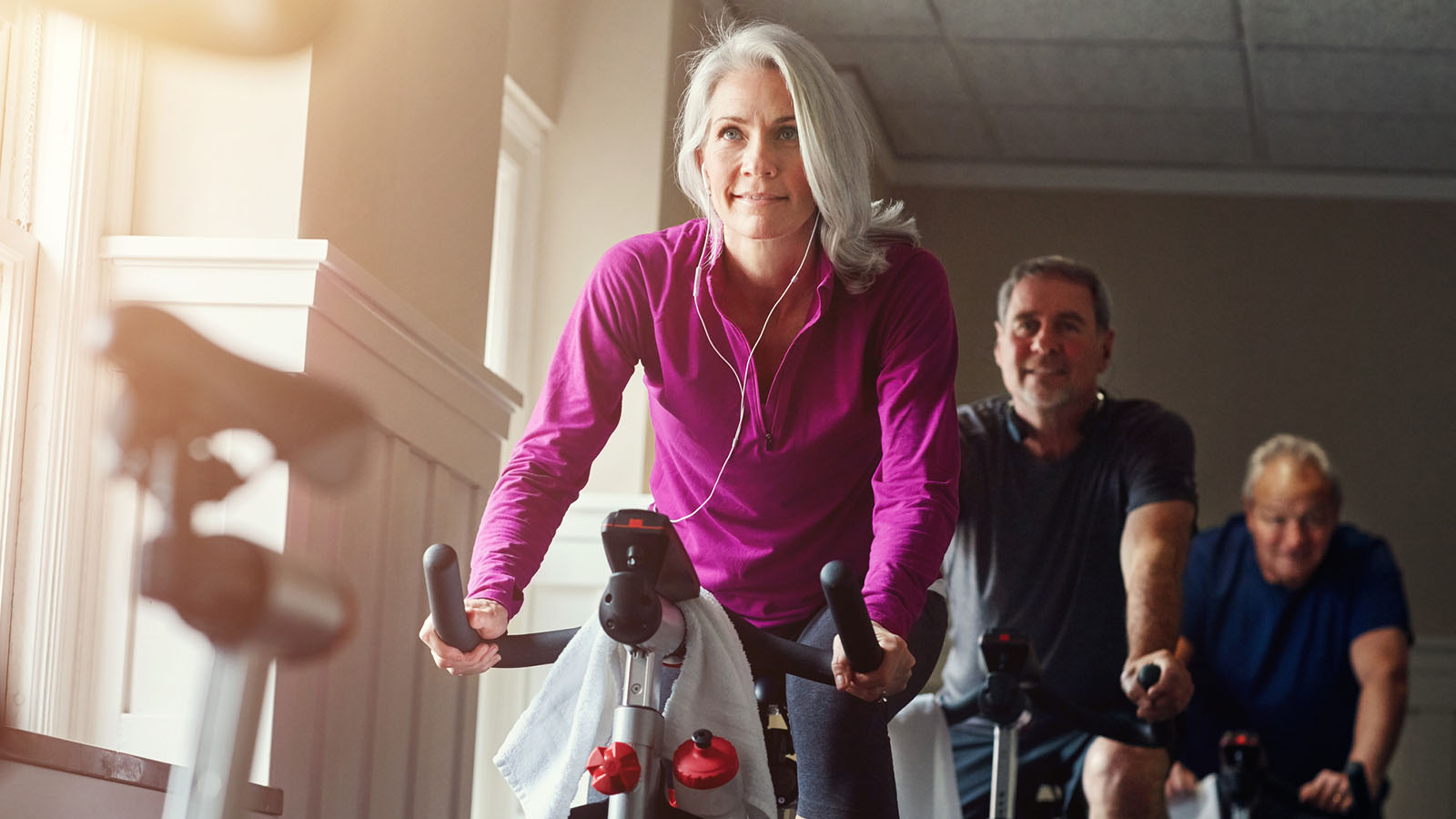
What to Expect From a Robotic Hysterectomy
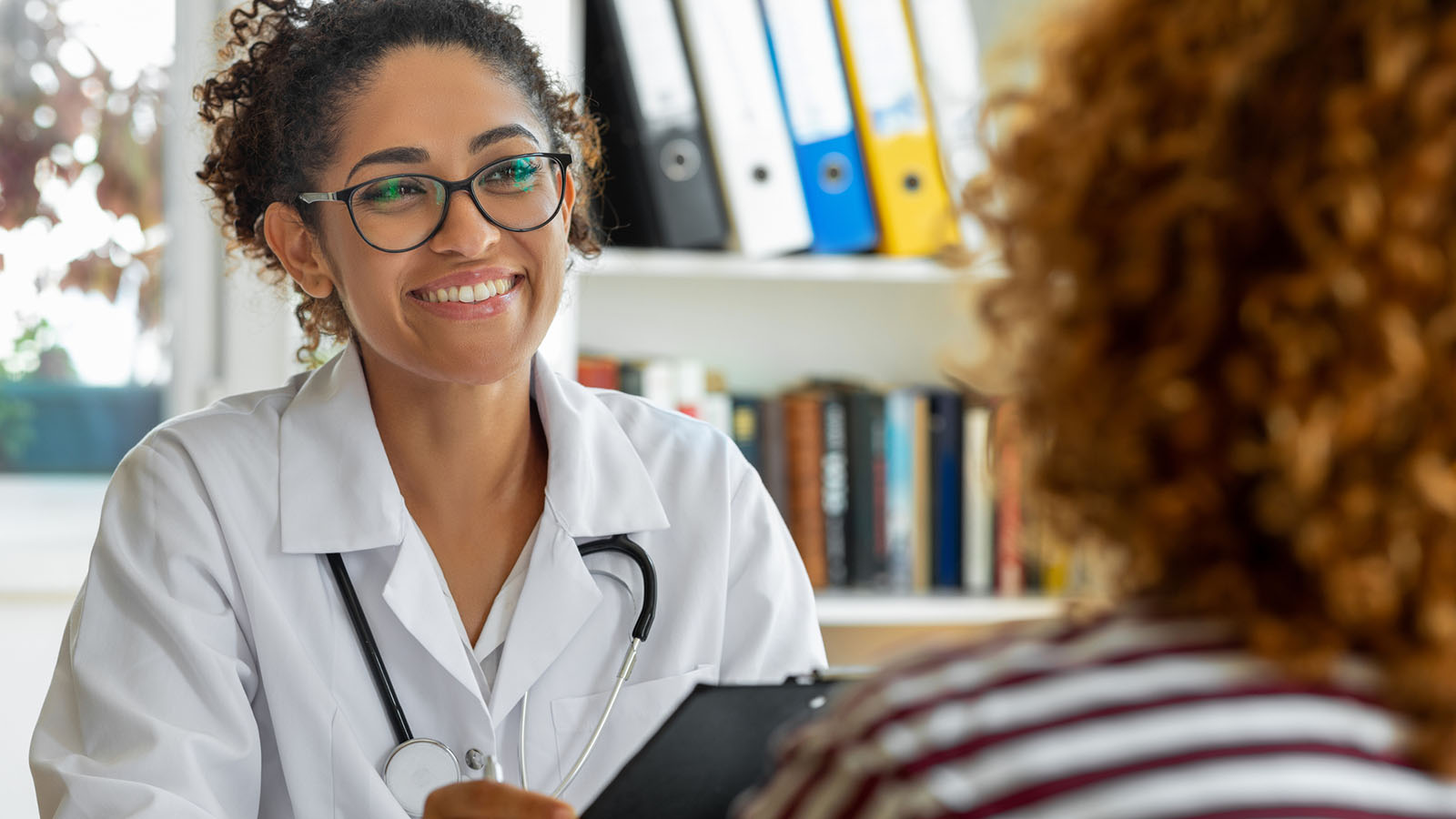
When You Need A Hysterectomy Know Your Options

Take Control of Incontinence, Prolapse, and Other Pelvic Floor Disorders

How Can I Prevent Bone Loss and Osteoporosis?
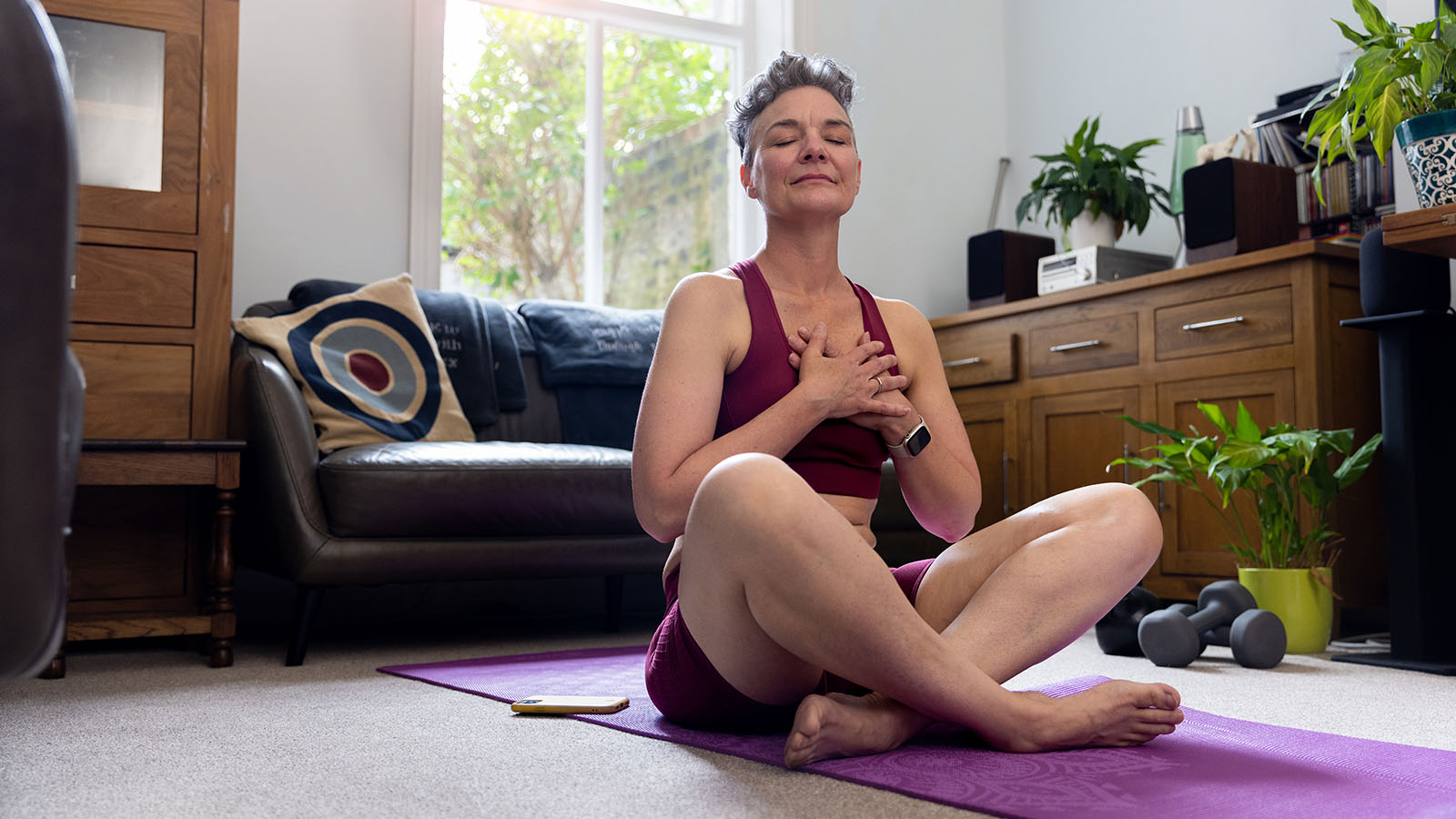
The Truth About Menopause, Weight Gain, and Belly Fat

Shedding Light on Lesser-Known Menopause Symptoms and Solutions

Debunking The Myths About Vaginal Dryness
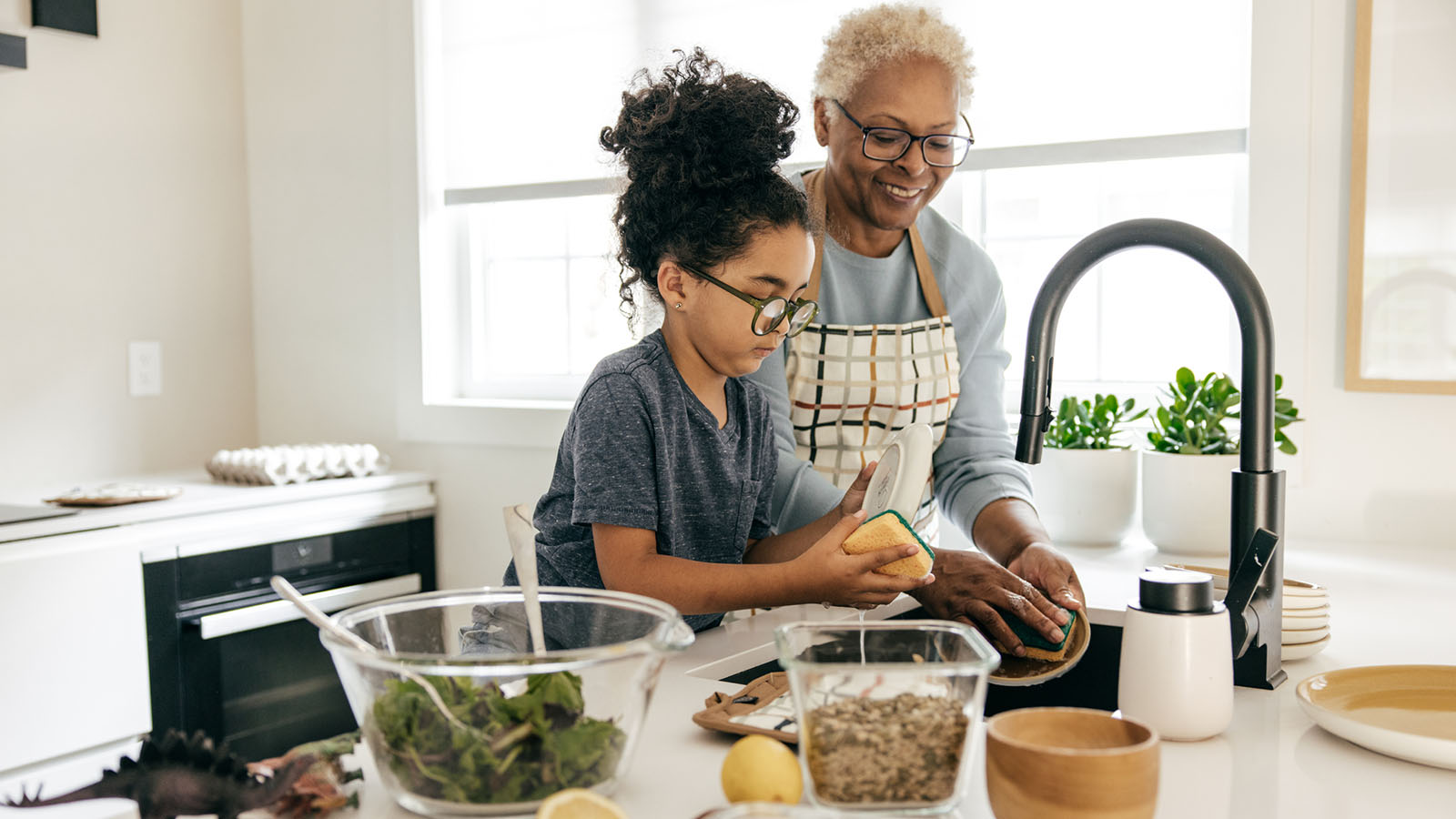
Best Foods for Kidney Health

5 Essential Winter Foot Care Tips When You Have Diabetes
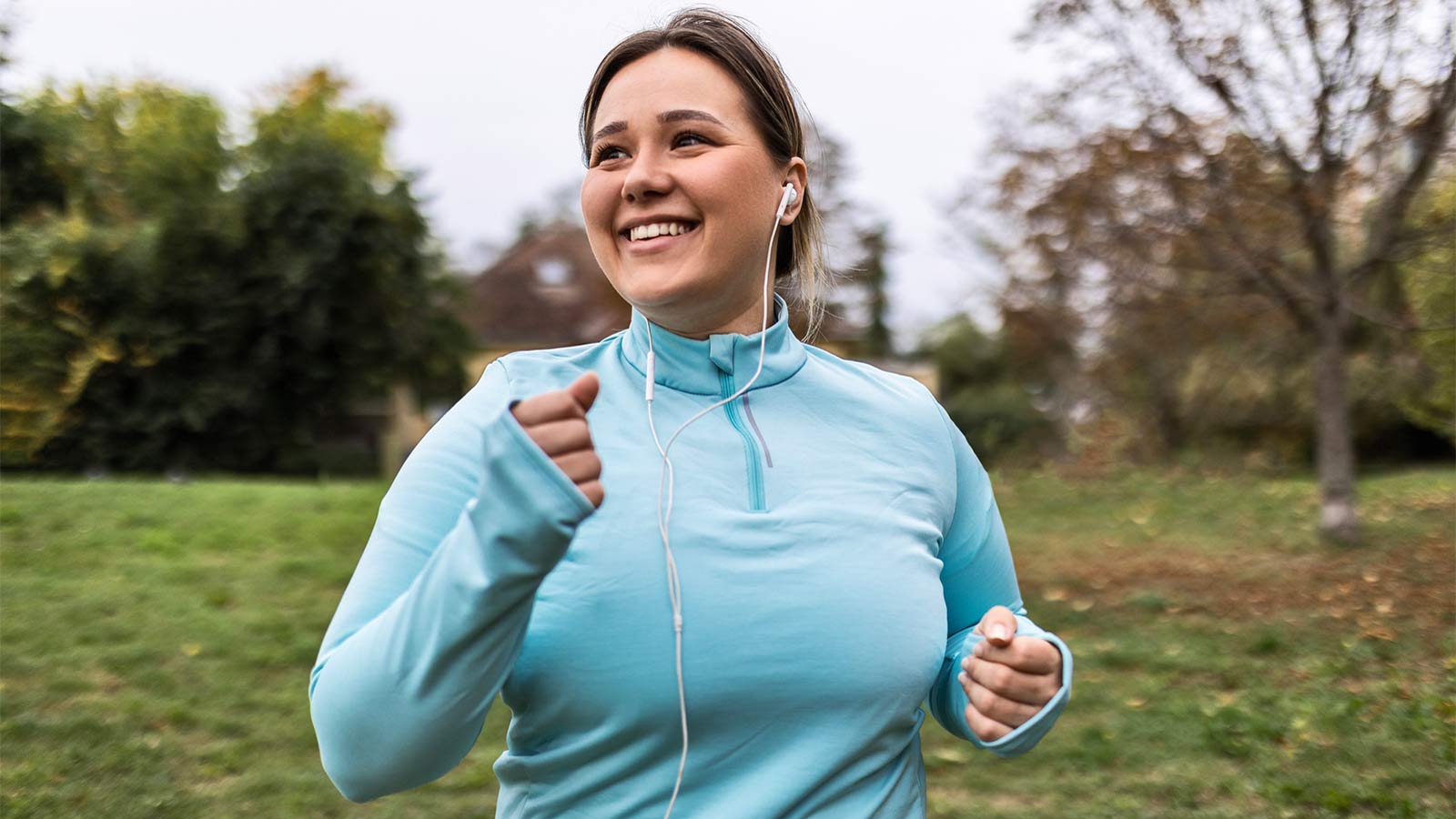
Advanced Minimally Invasive GYN Surgery Puts You at the Center of Care

Your 10-Point Plan to Avoid Winter Weight Gain

Colitis Symptoms Under Control, Jennifer Is ‘Living My Best Life’

Surprising Symptoms May Signal Stroke In Women

8 Key Steps to Better Blood Pressure Control

5 Back Stretches for the Work-From-Home Workweek

The HPV Vaccine: A Powerful Shield Against Cervical Cancer

How Does Breast Density Affect Your Mammogram?

Menopause: New Insights Into the Power of Hormone Replacement Therapy

How to Prevent and Treat Urinary Tract Infections

One New Heart Valve Saves Two Lives in the Tritten Family

6 Numbers Key to Keeping Your Heart Healthy

4 Easy Ways to Treat and Prevent Runner's Knee

Breast Cancer Diagnosis Inspires Catherine to Help Others

Five Mindfulness Tips That Can Help Heal Your Heart
Working from Home? Take a Quick Break to Stretch Your Wrists

Love Your Heart: Essential Care Tips for Every Stage of Life

How Do I Measure My Blood Pressure at Home?

How Do I Improve My Cholesterol Levels?

3 Ways to Reduce Your Stroke Risk

Sarah Wins Back Her Health After Crohn's Disease Diagnosis

A Breast Self-Exam Saved Kristen's Life

How Sex Keeps You Healthy as You Age

Protect Your Child From HPV and Related Cancers

Why IUDs Might Be The Most Effective Birth Control

5 Things You're Too Embarrassed to Tell Your OBGYN

